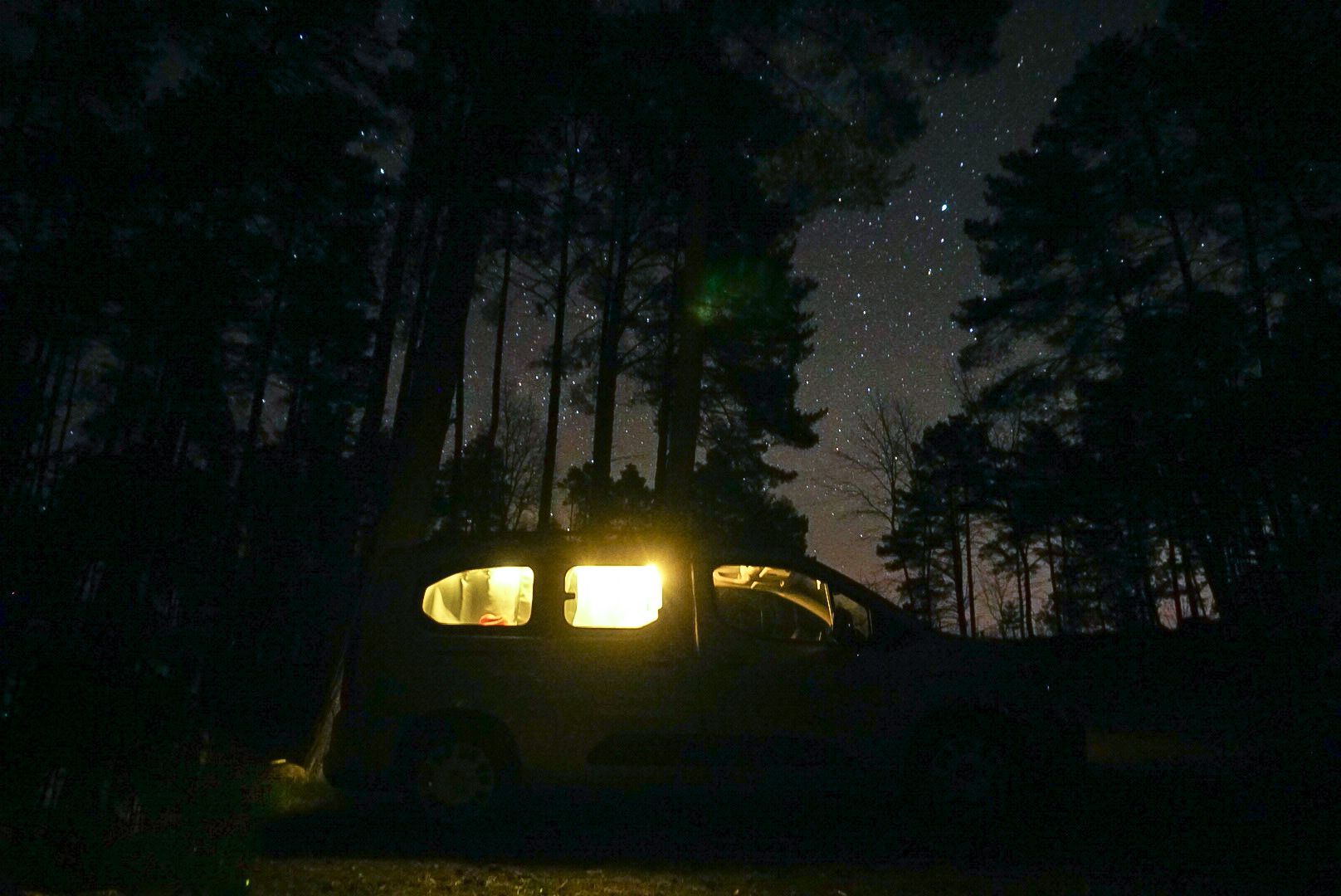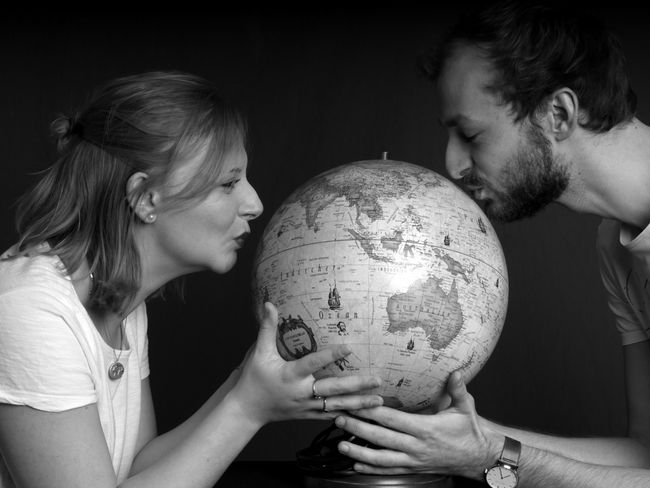Incredible Worlds: Salar de Uyuni
வெளியிடப்பட்டது: 24.12.2022
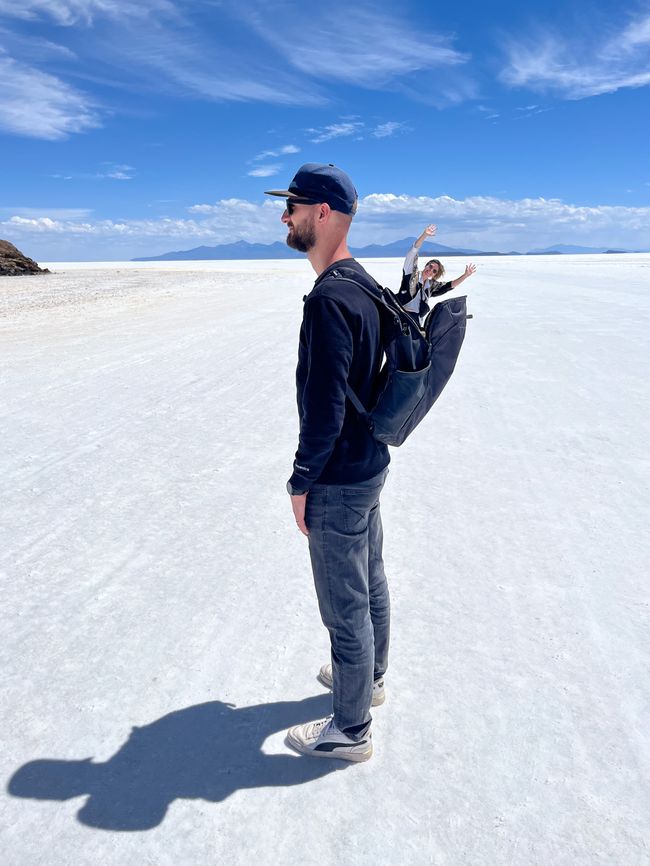
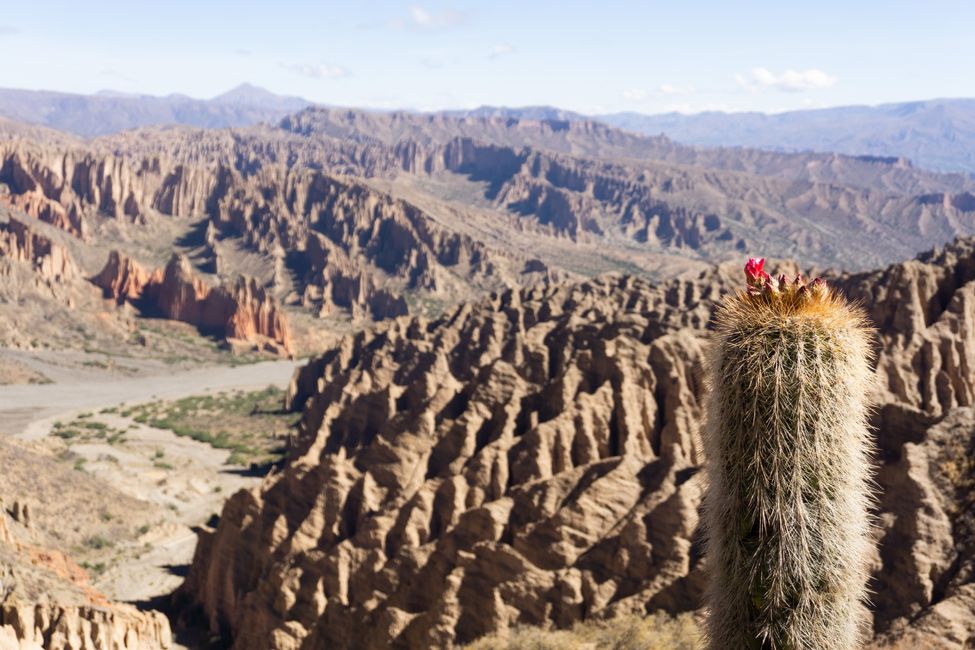
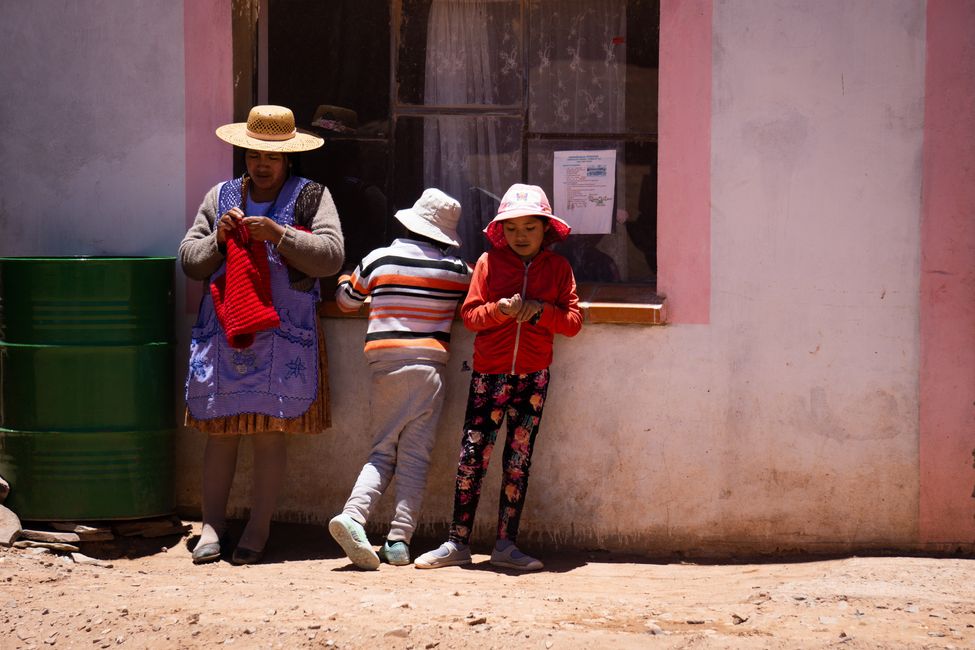
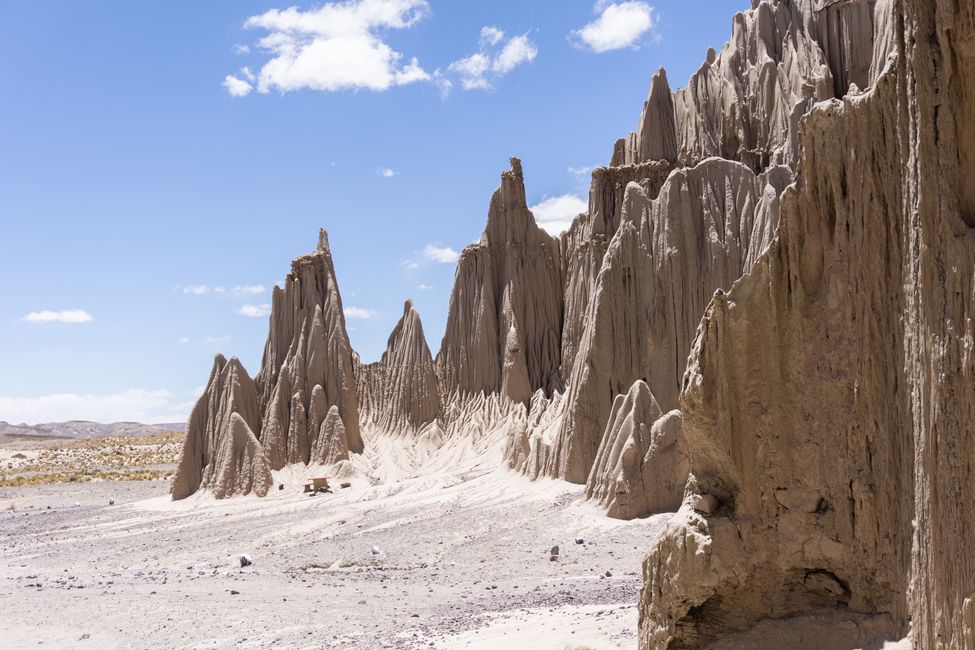
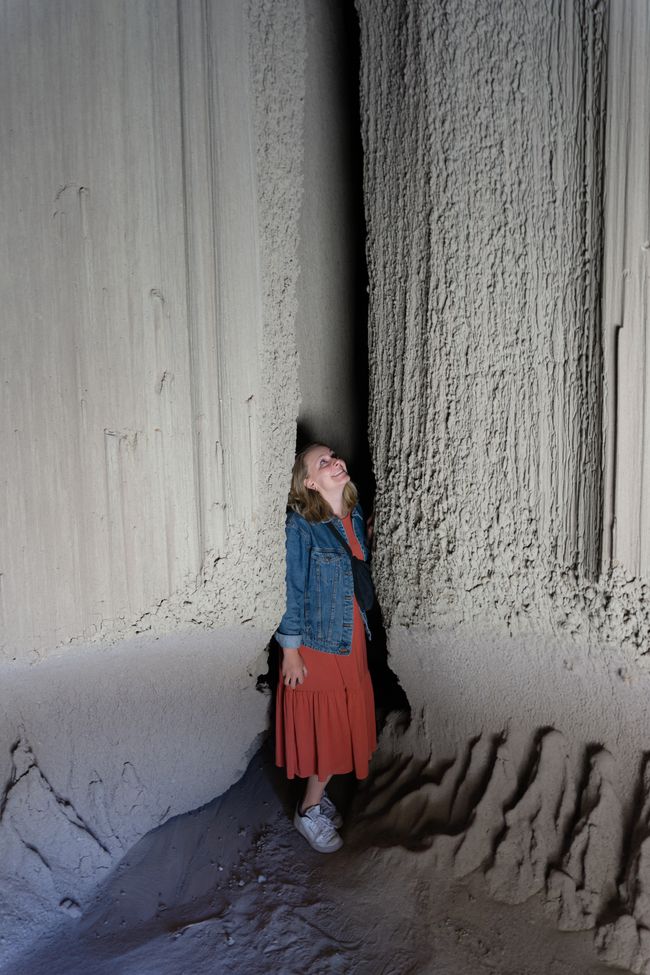
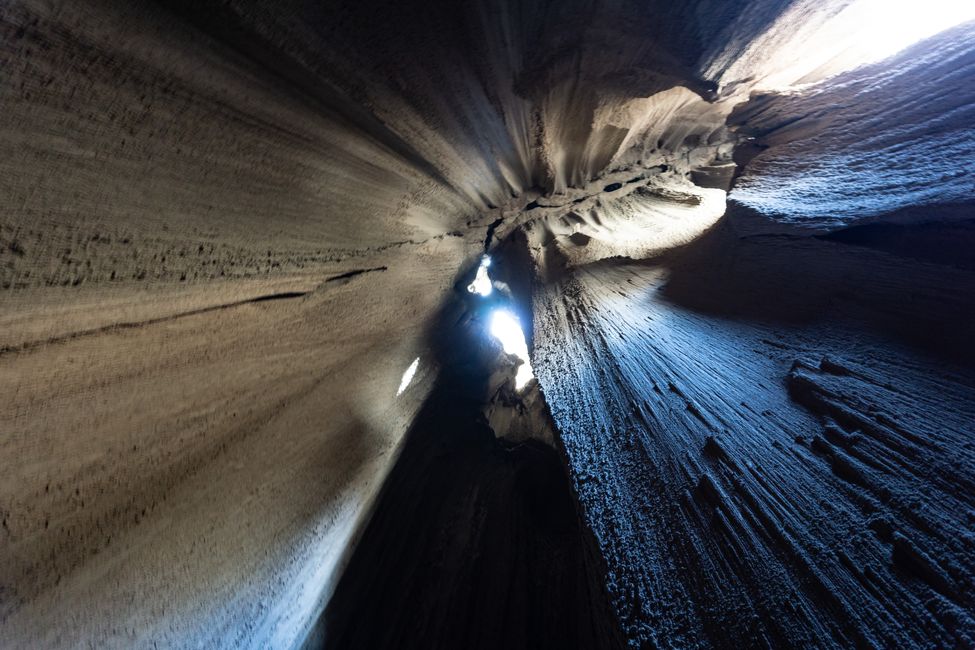
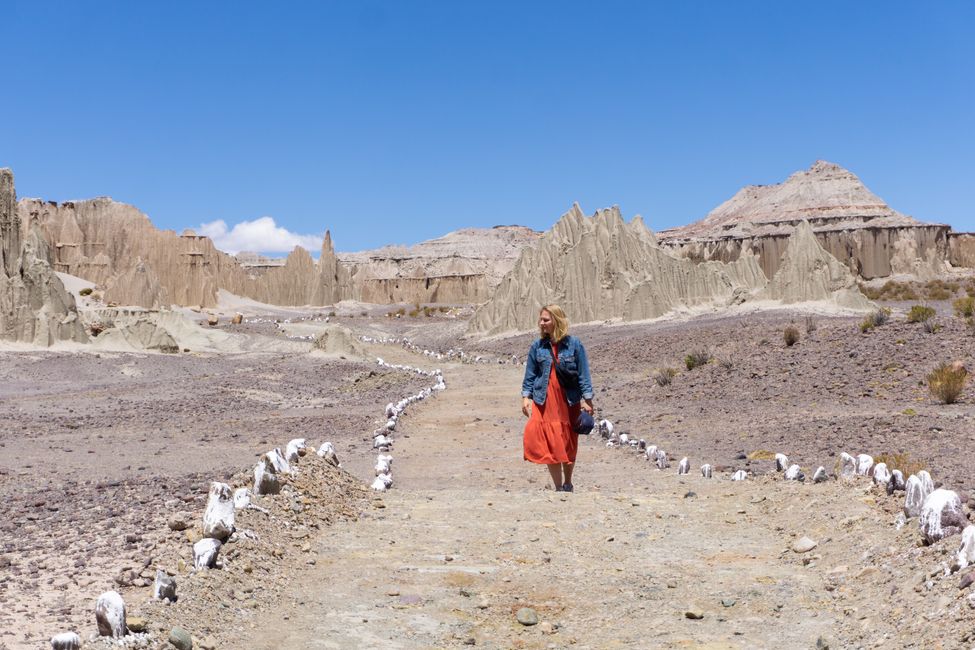
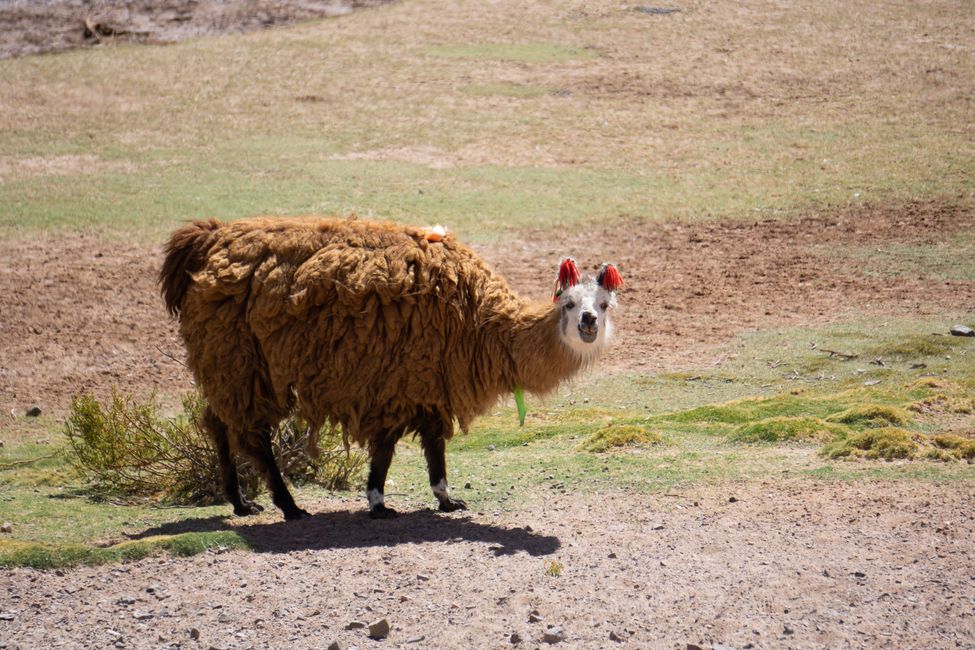
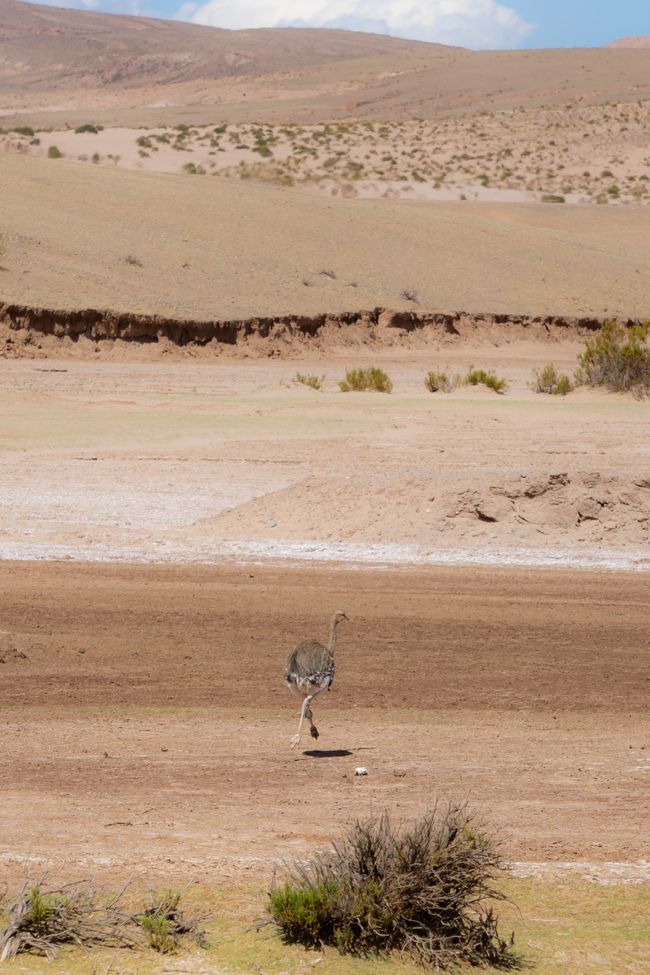
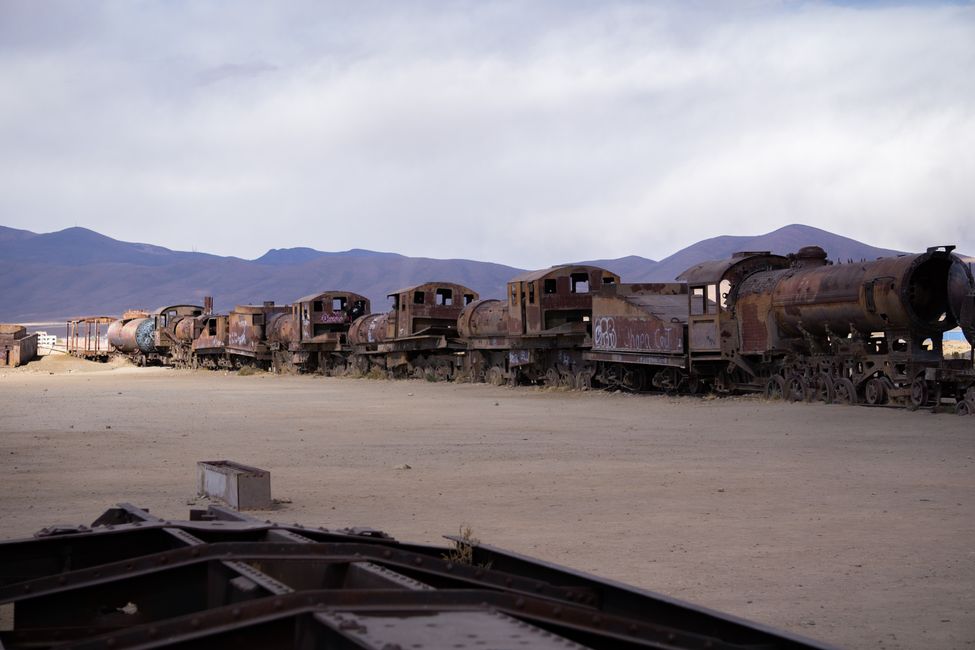
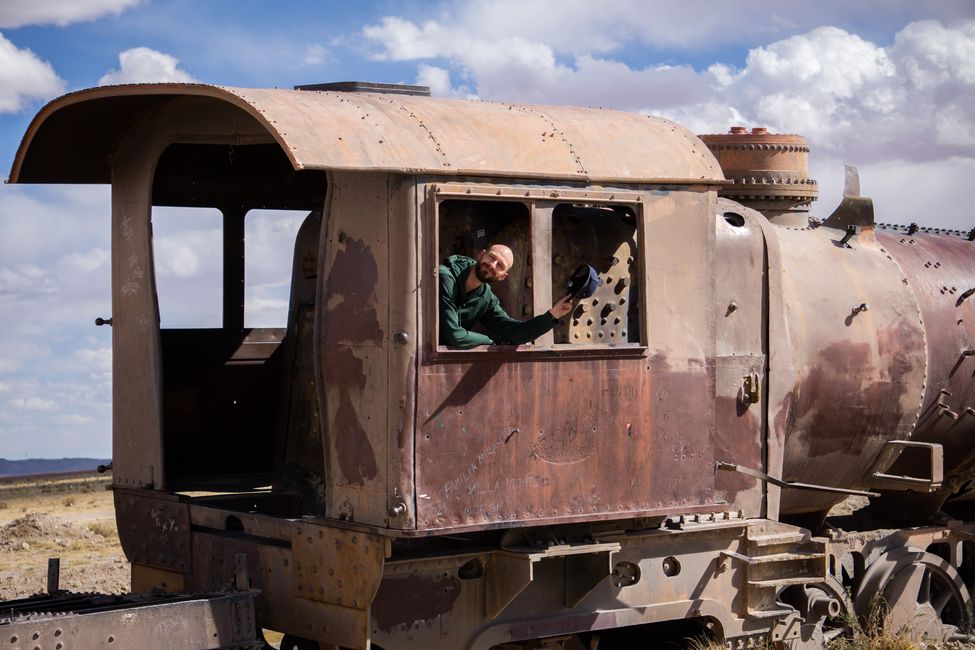
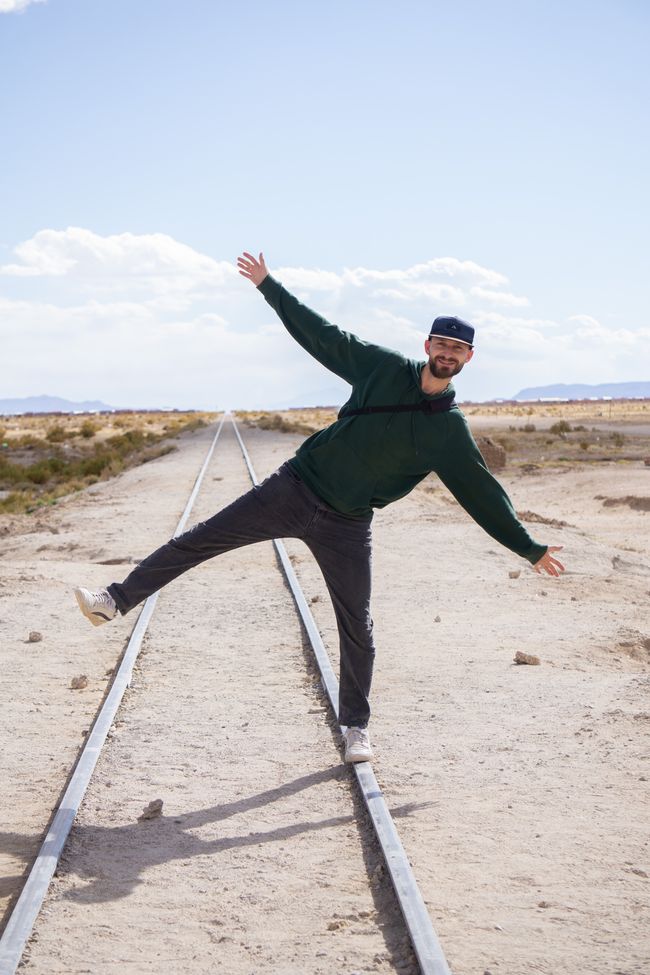
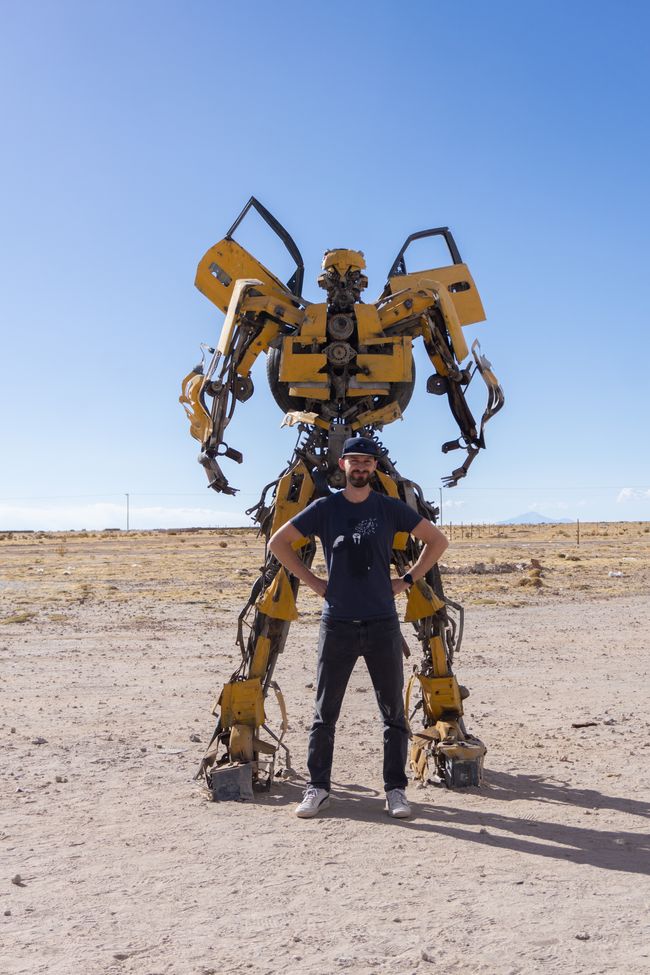
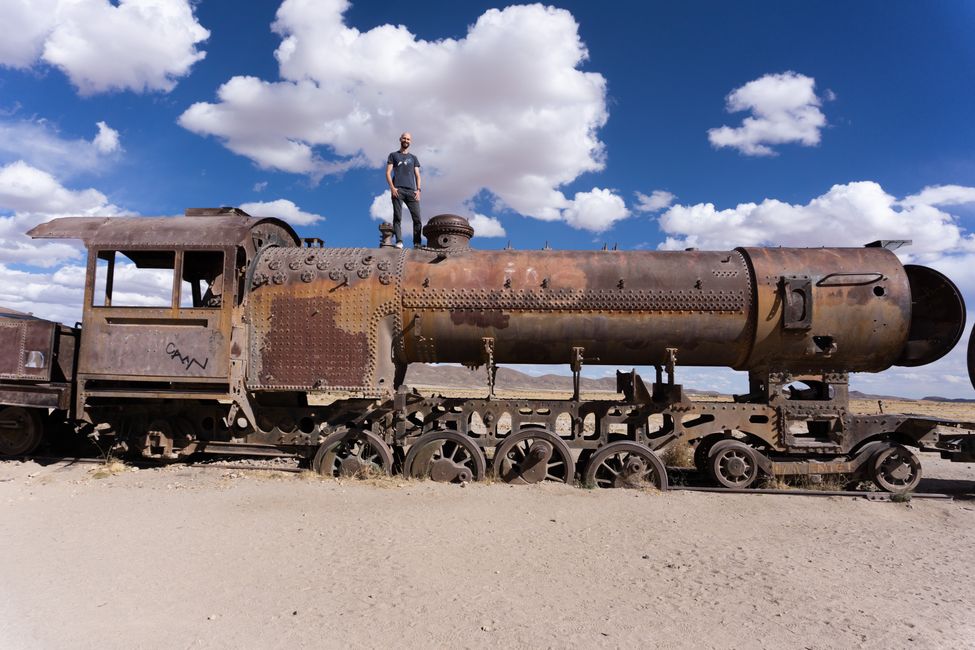
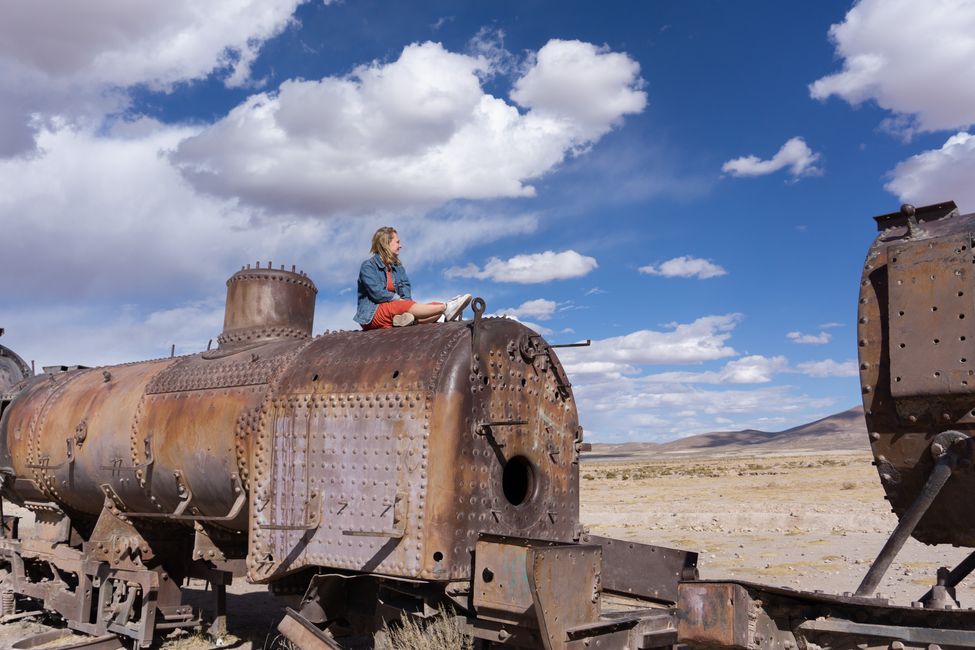
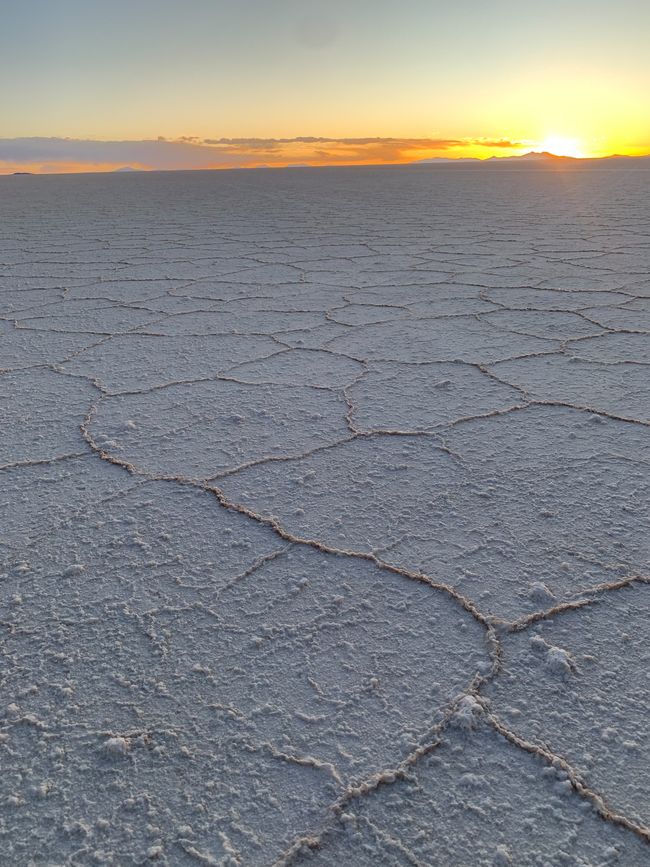
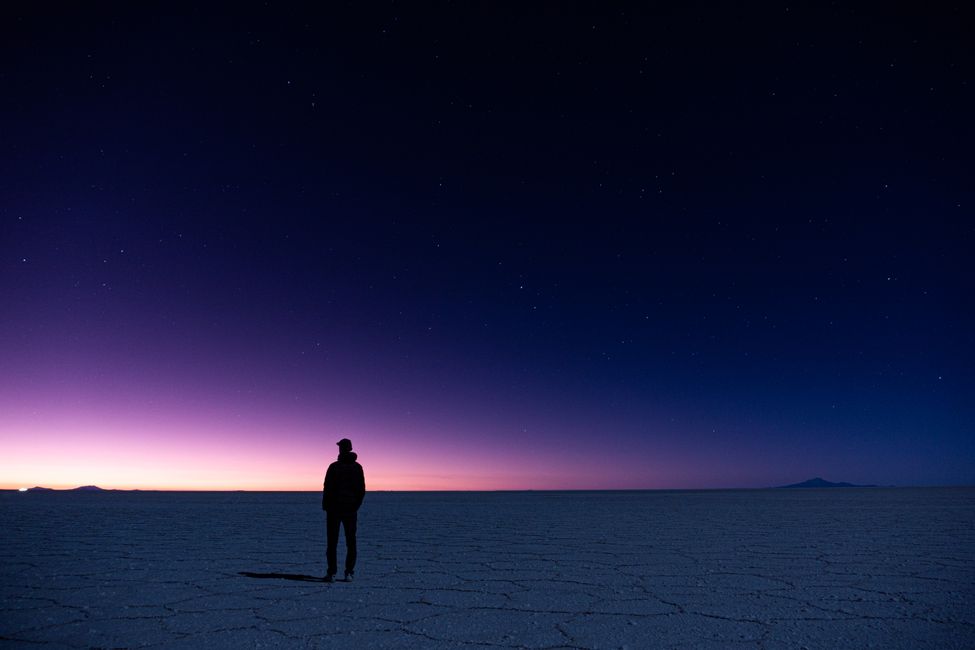
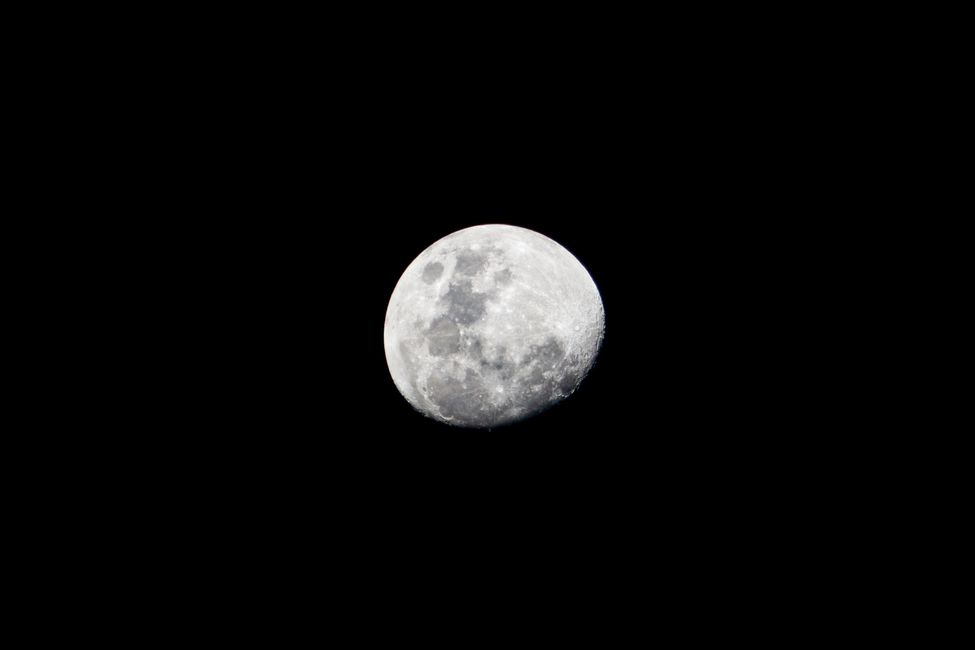
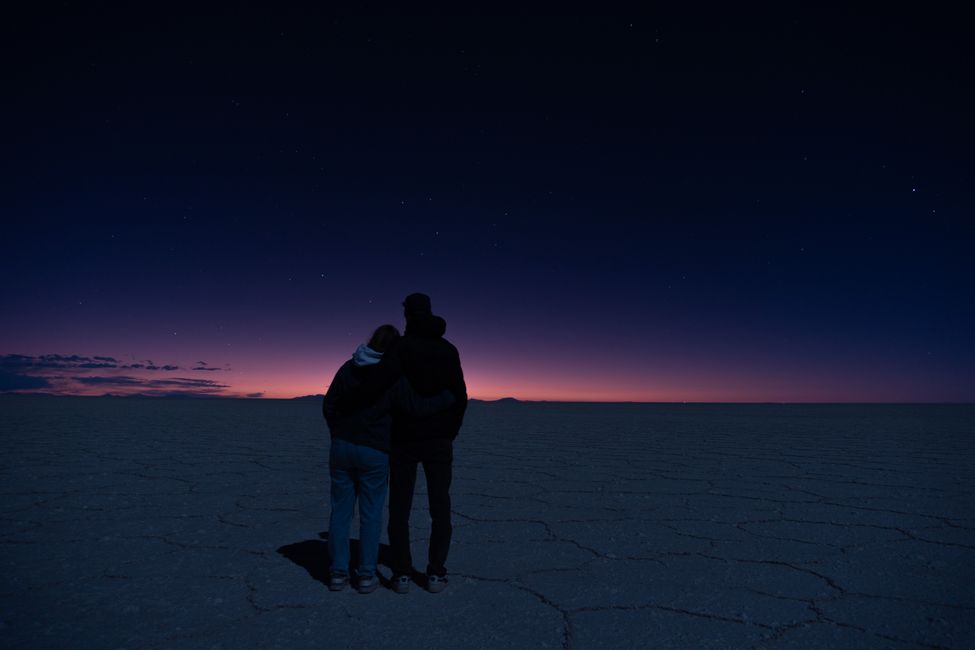
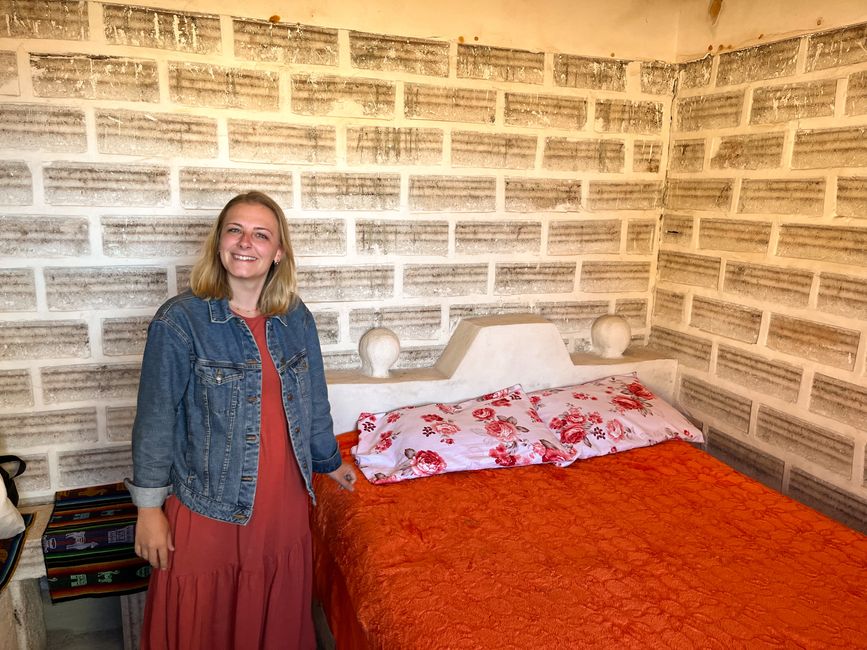
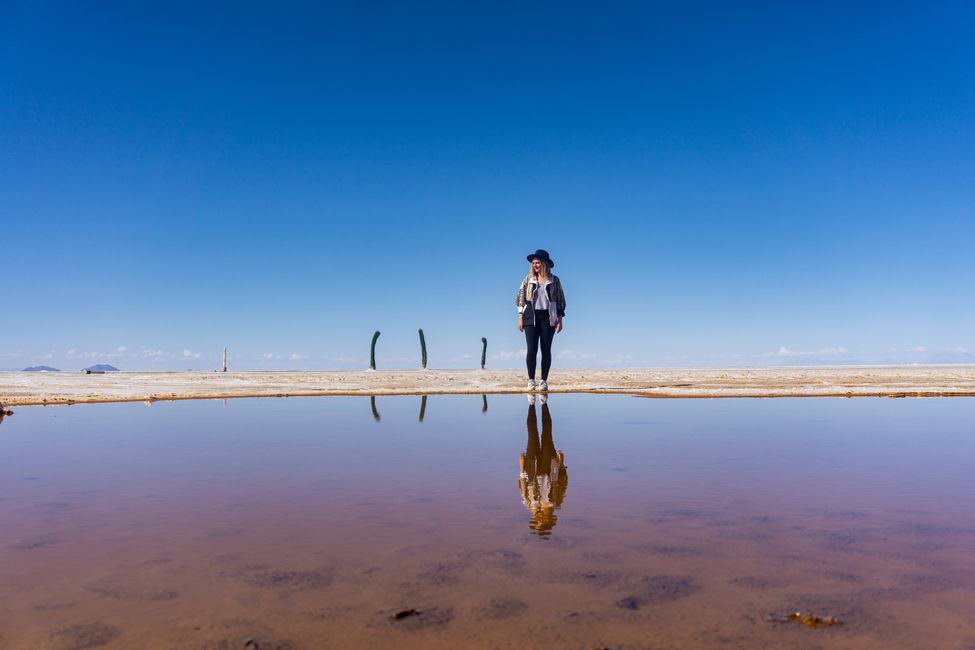
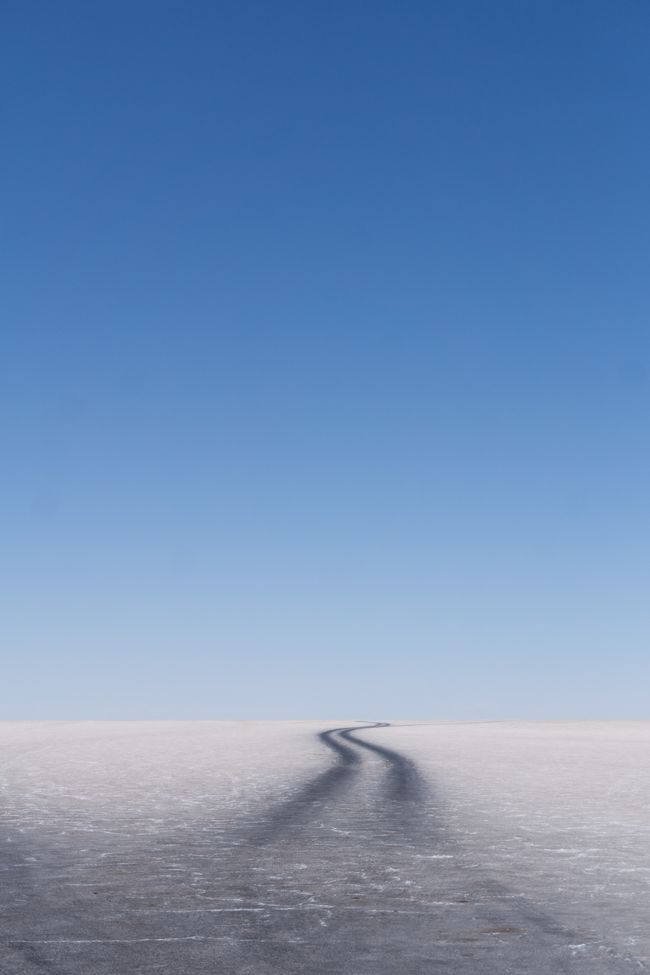
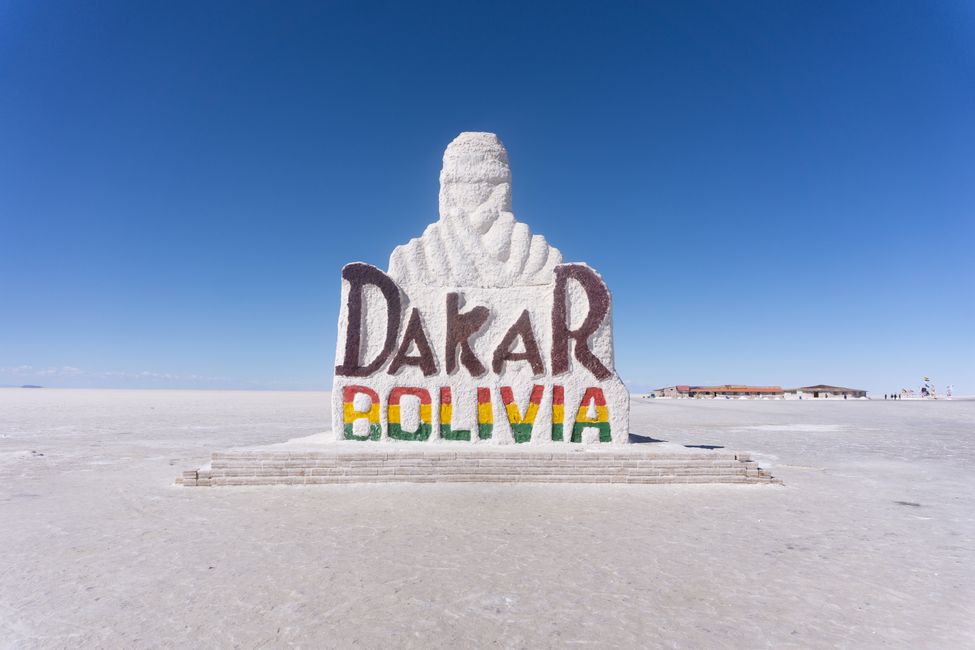
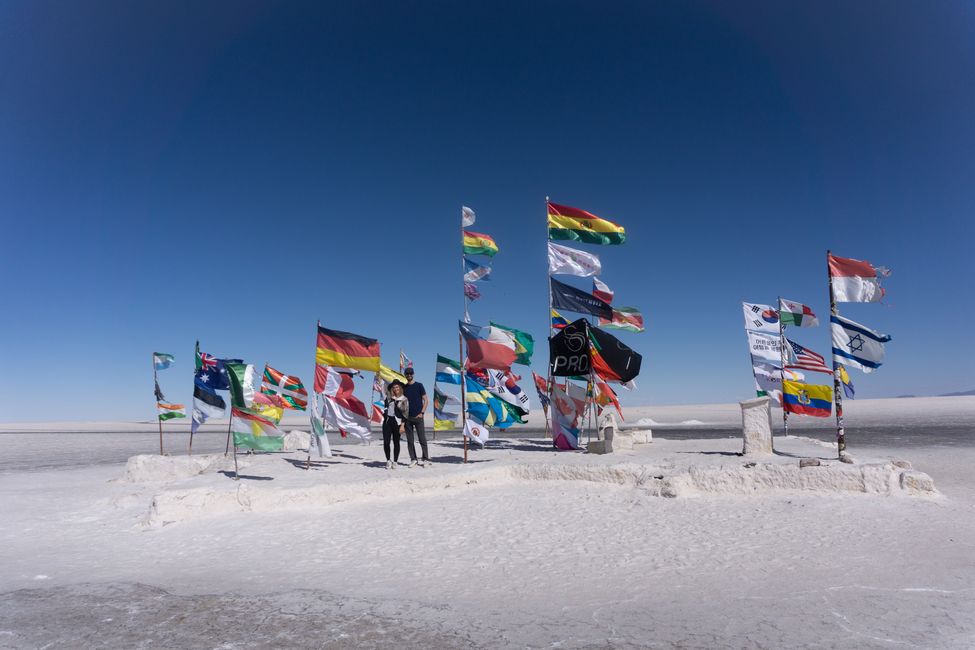
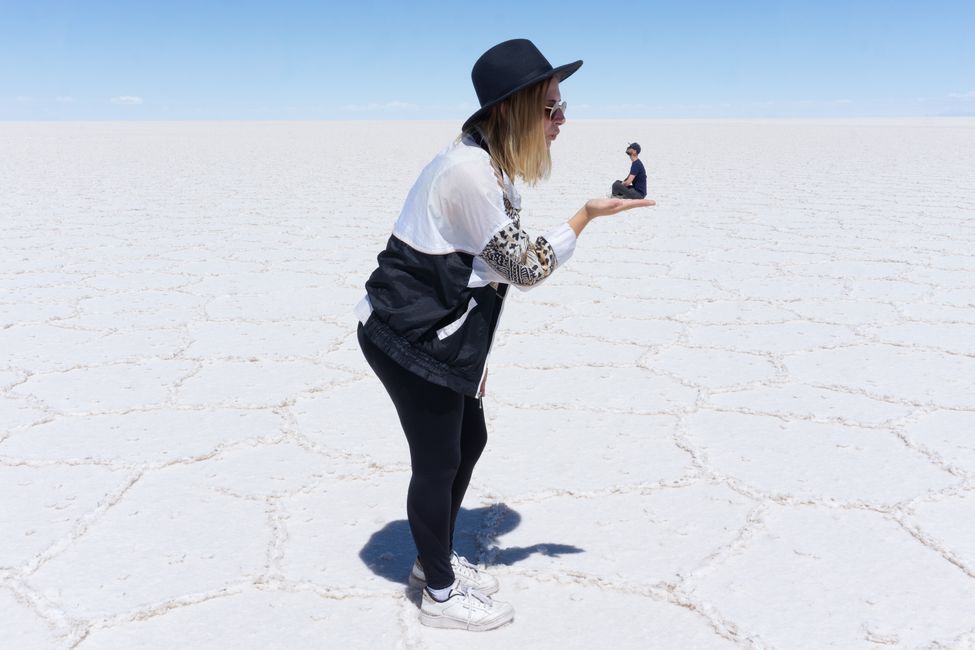
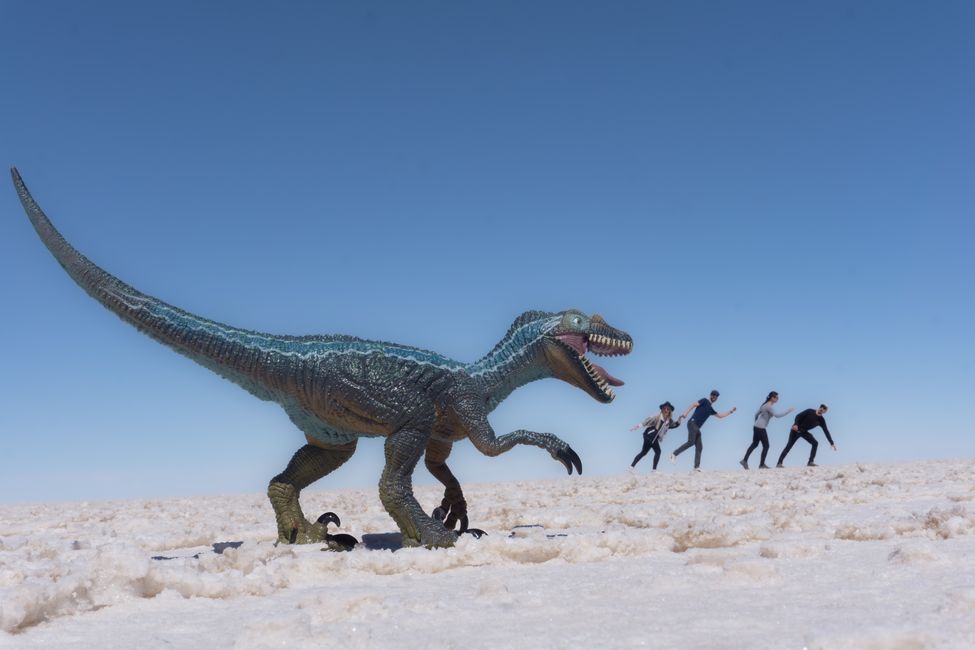
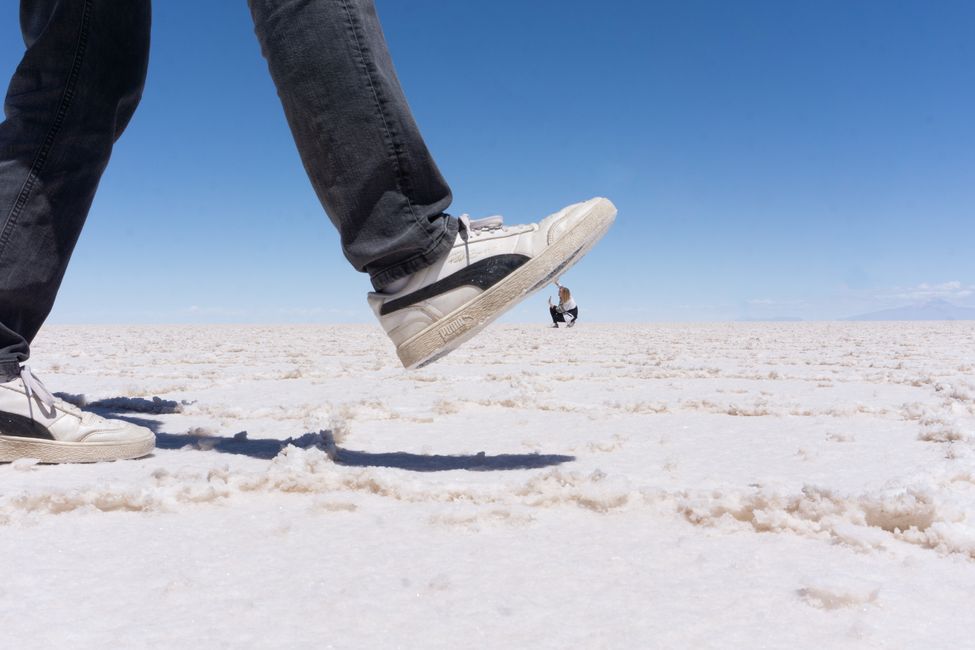
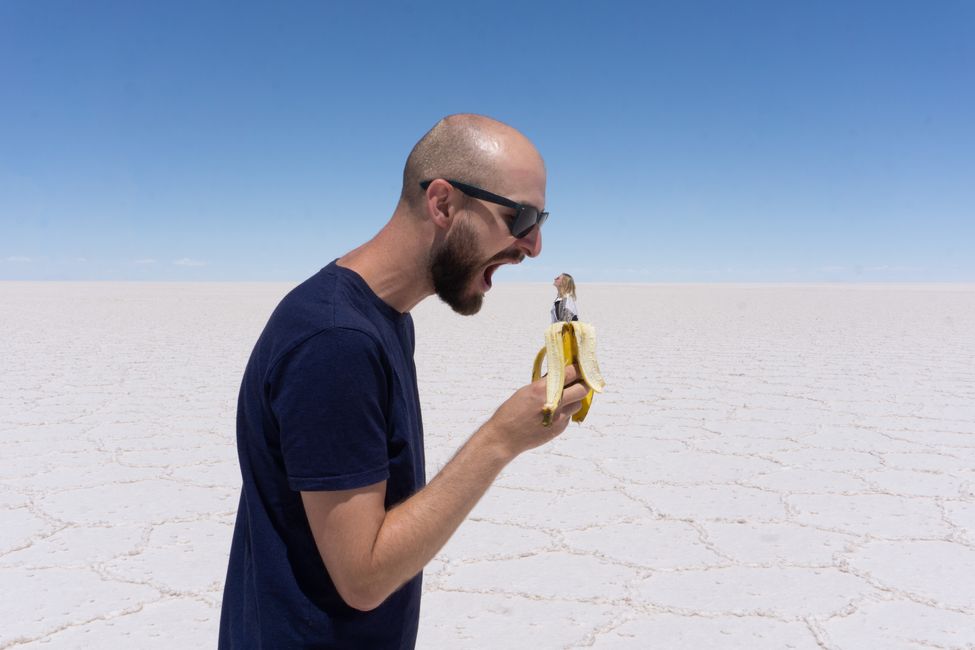
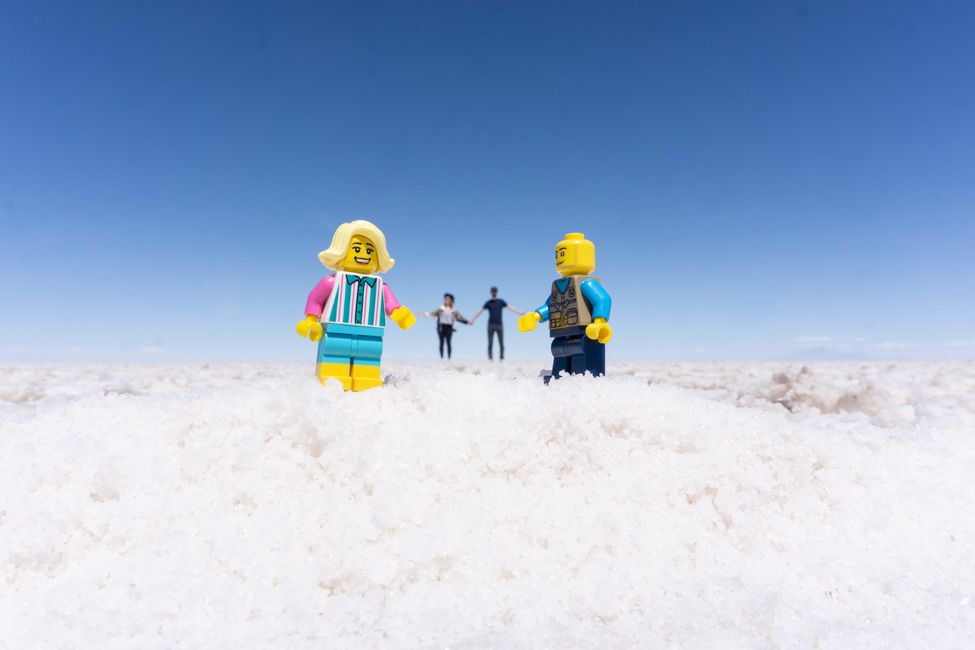
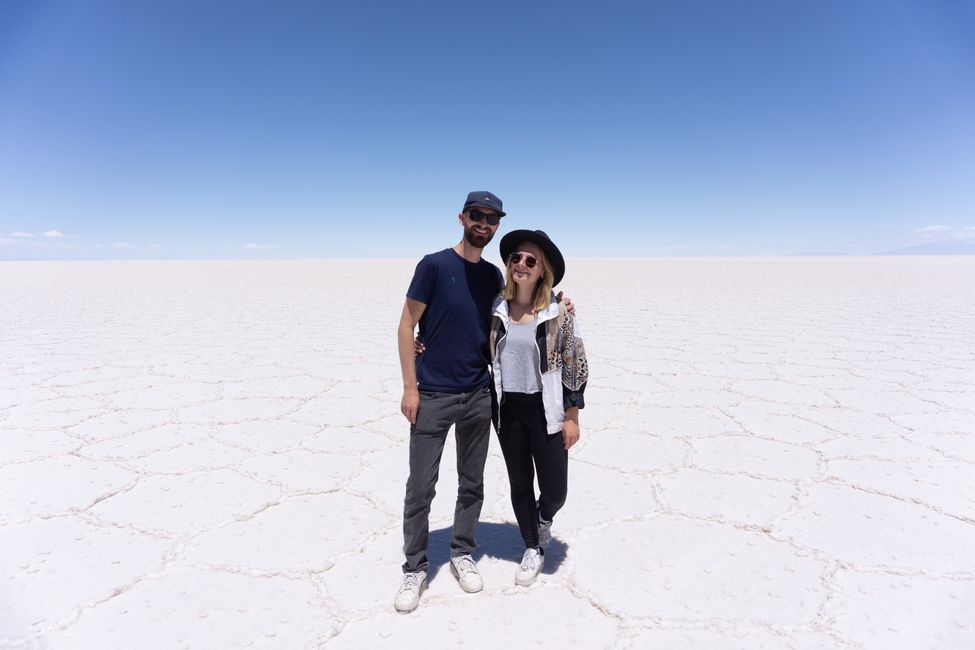
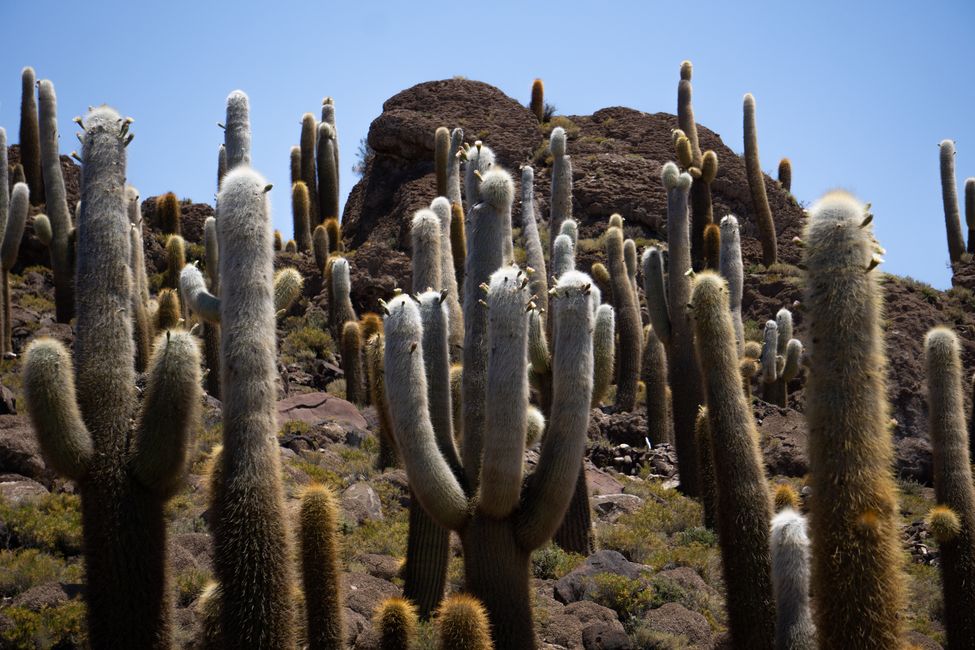
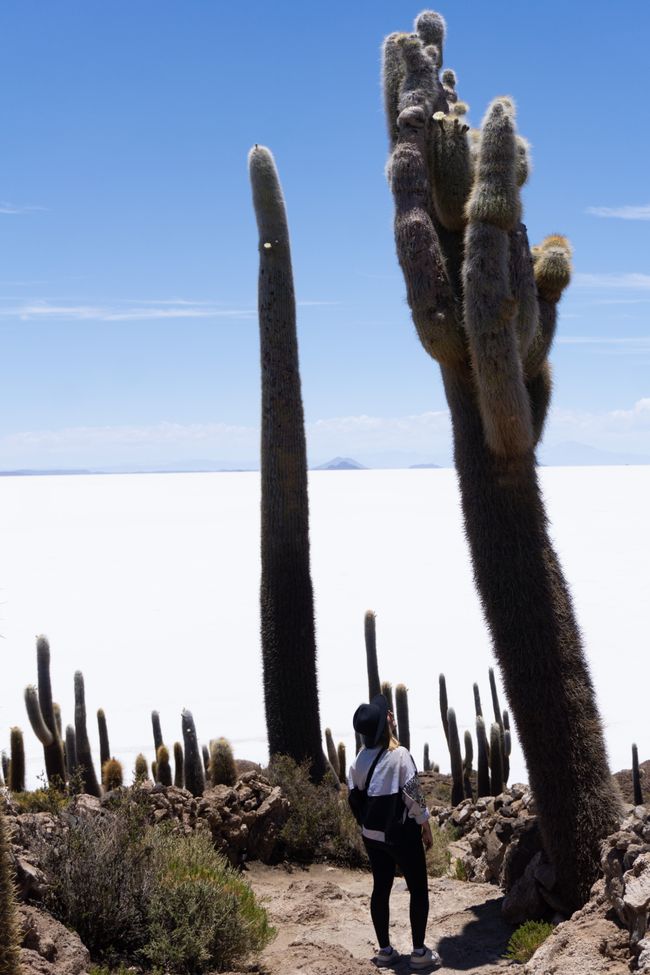
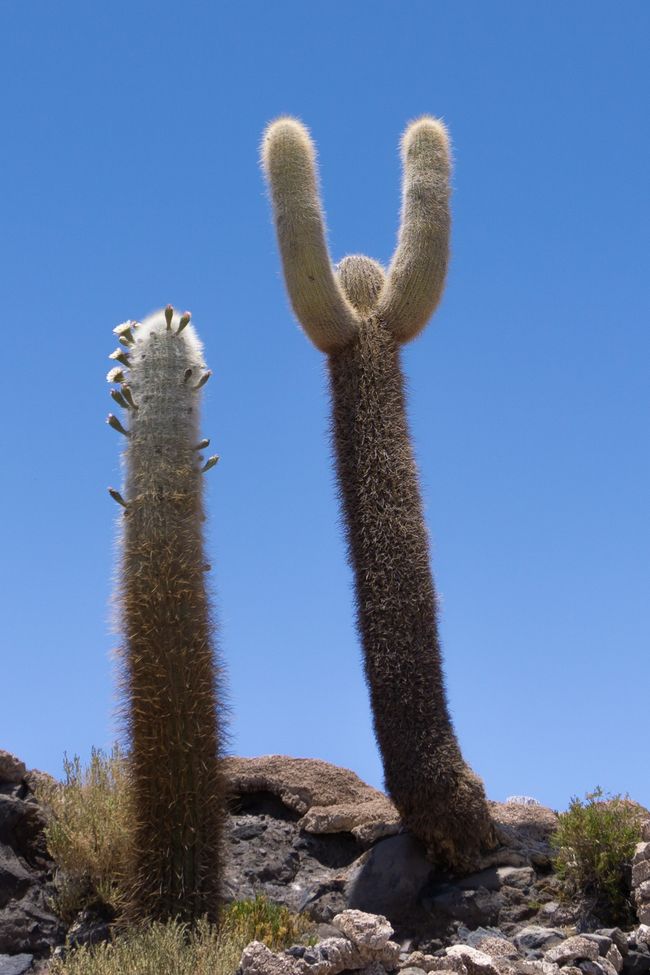
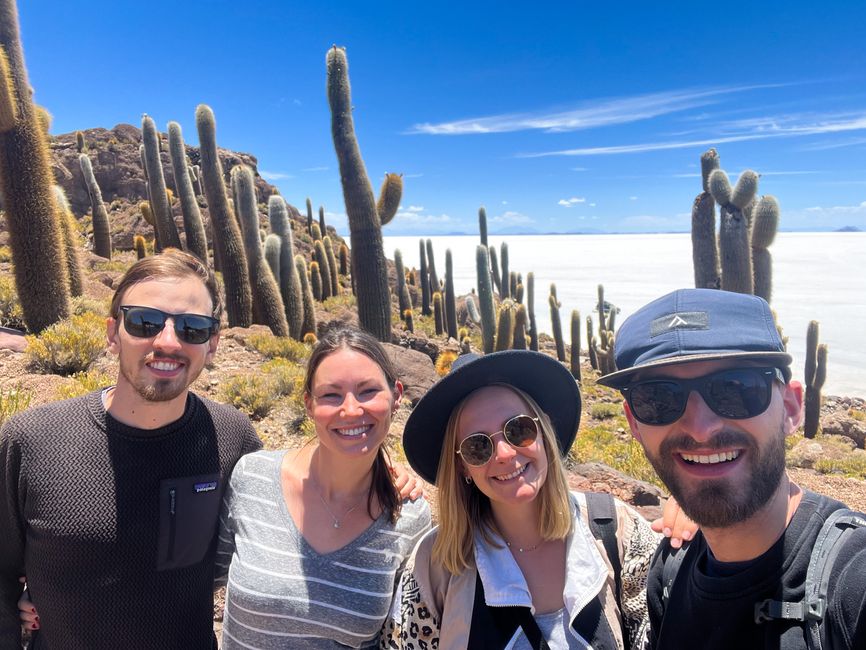
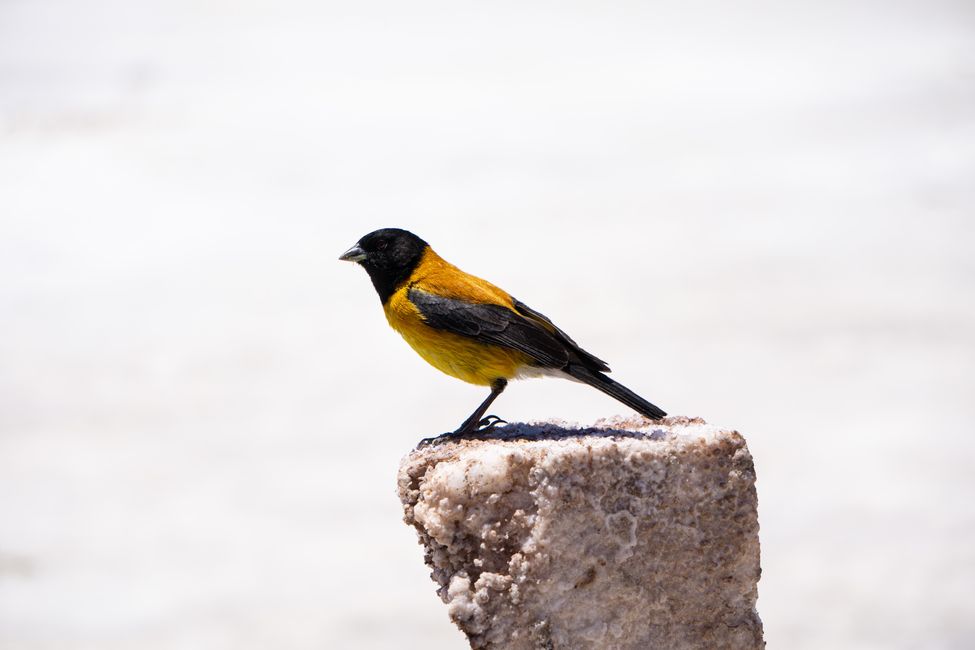
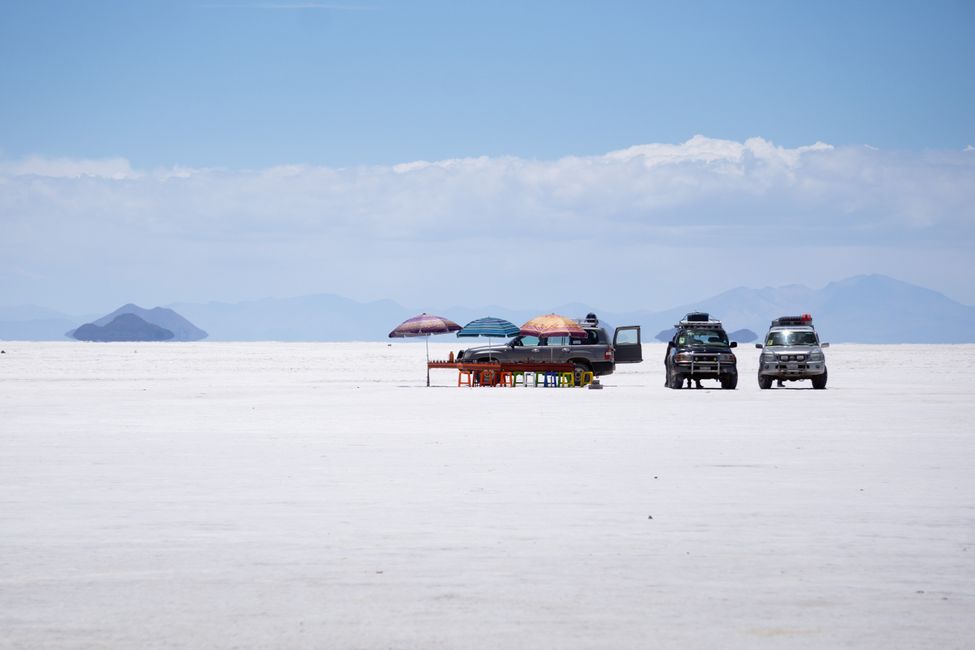
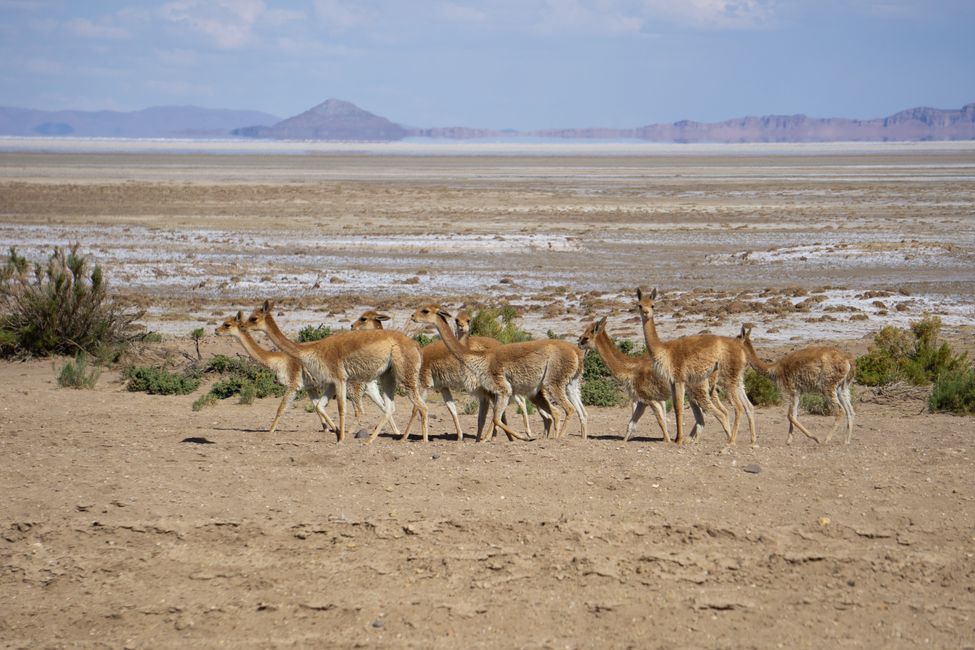
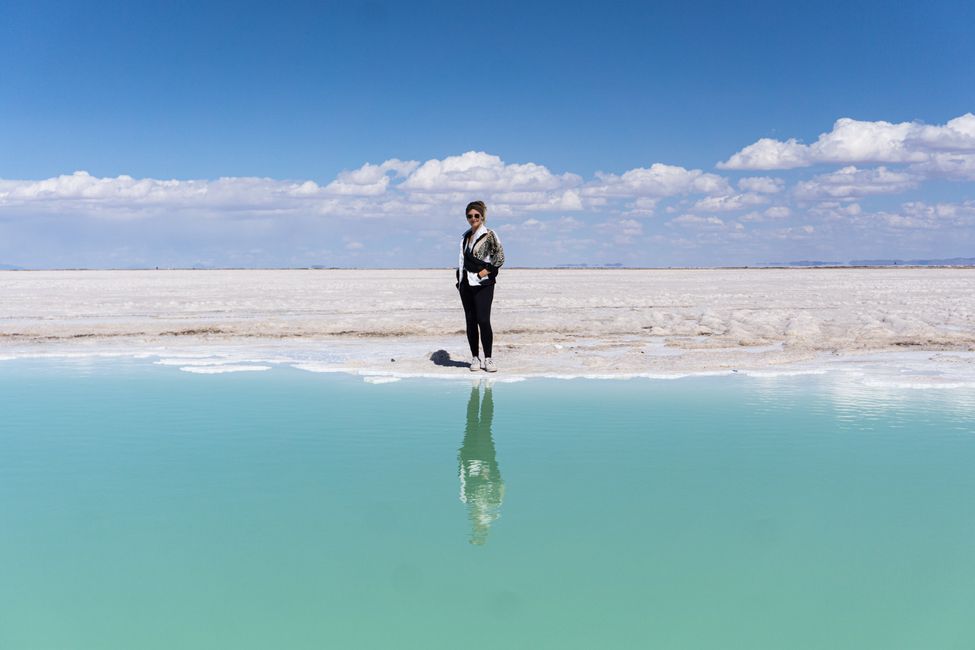
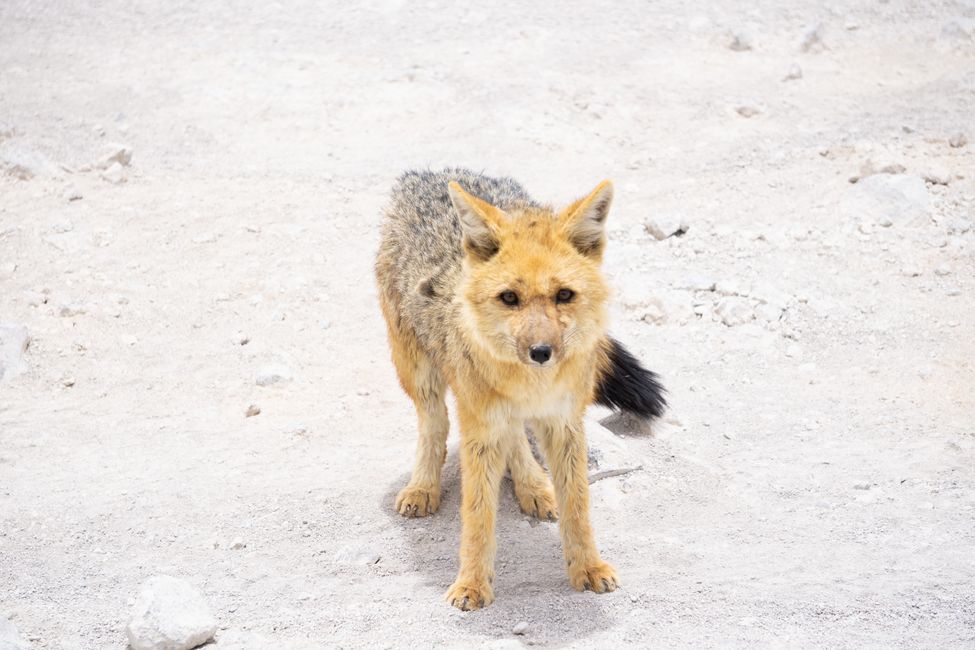
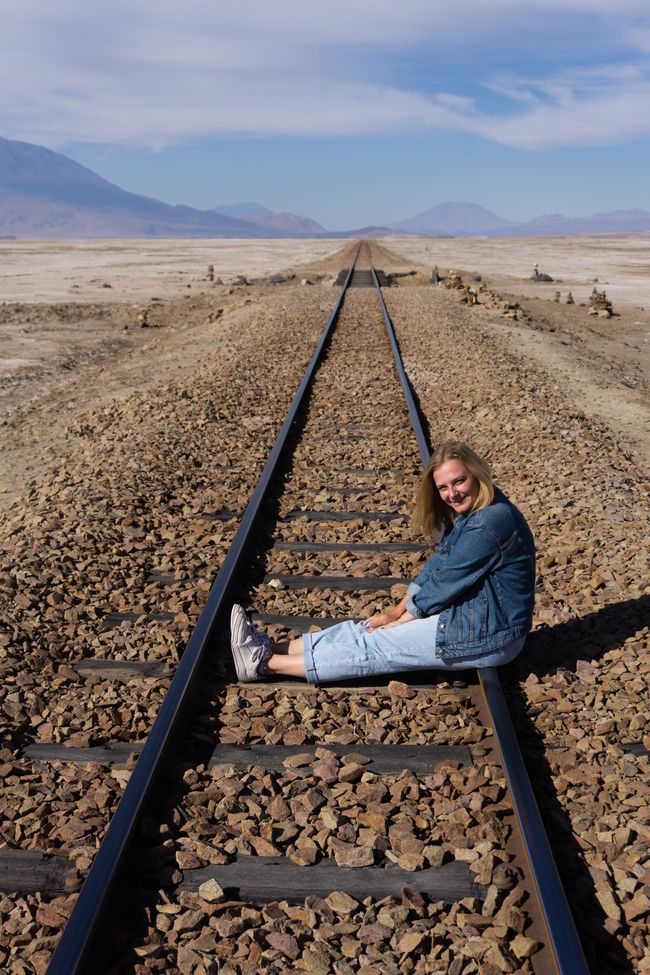
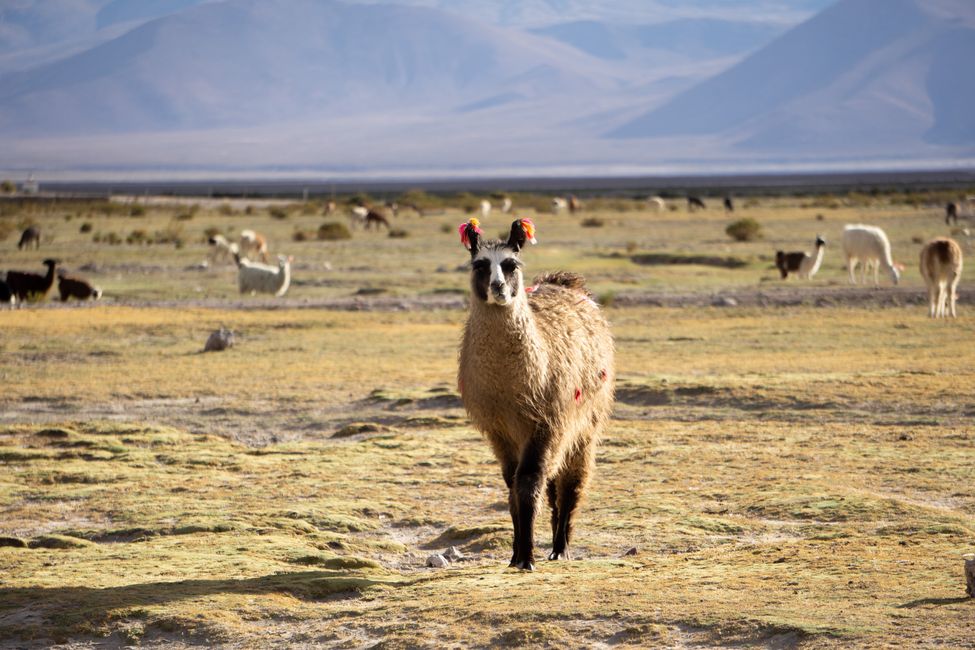
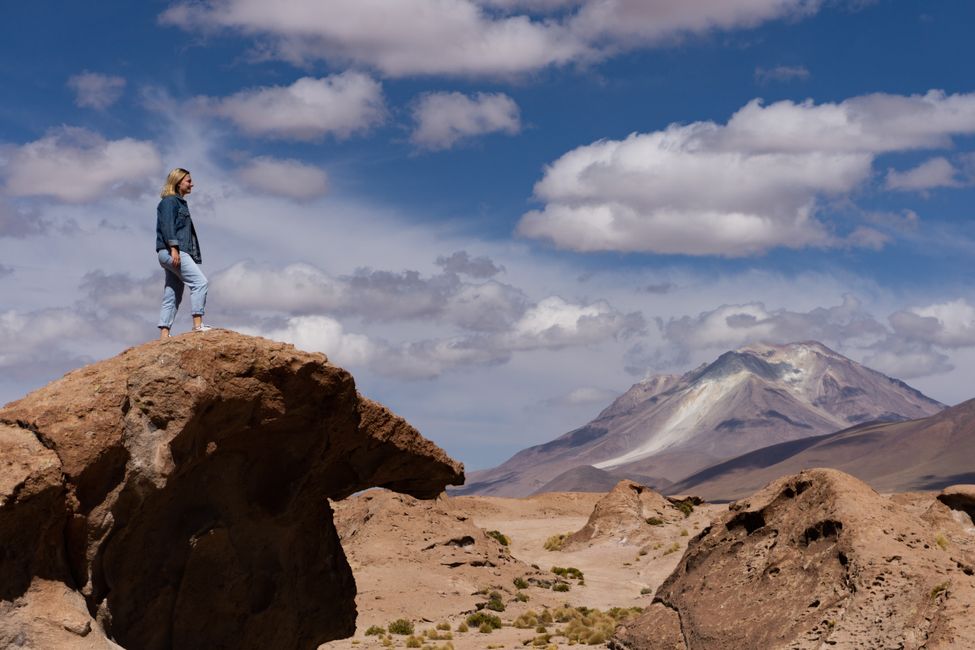
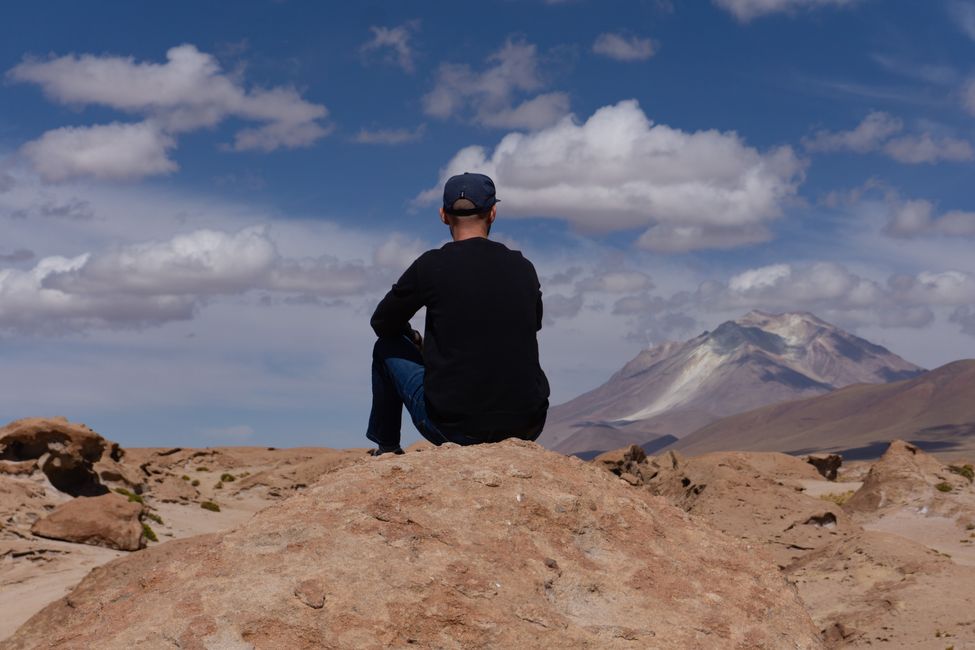
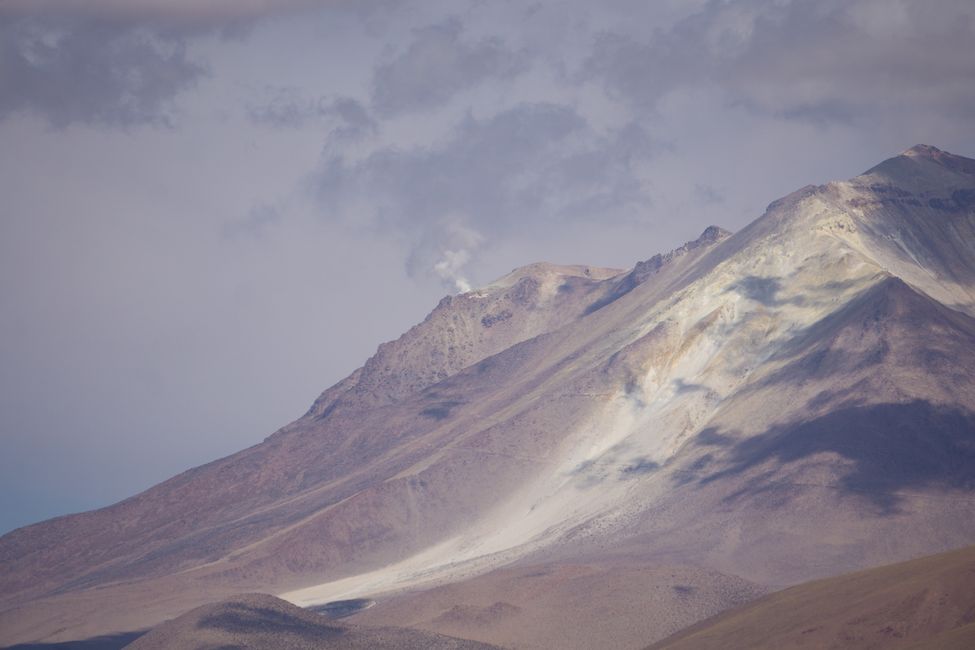
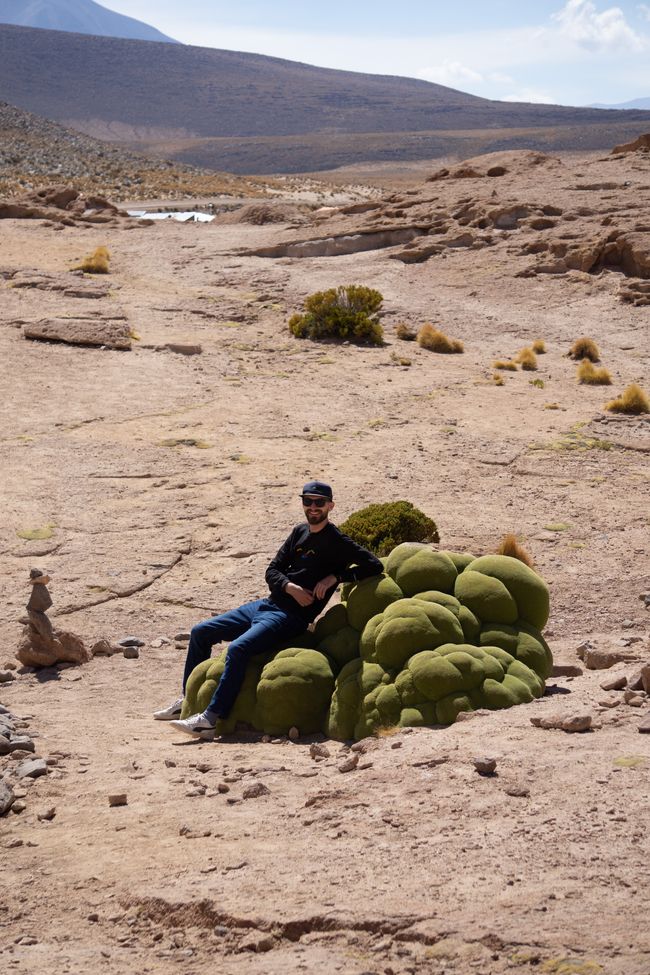
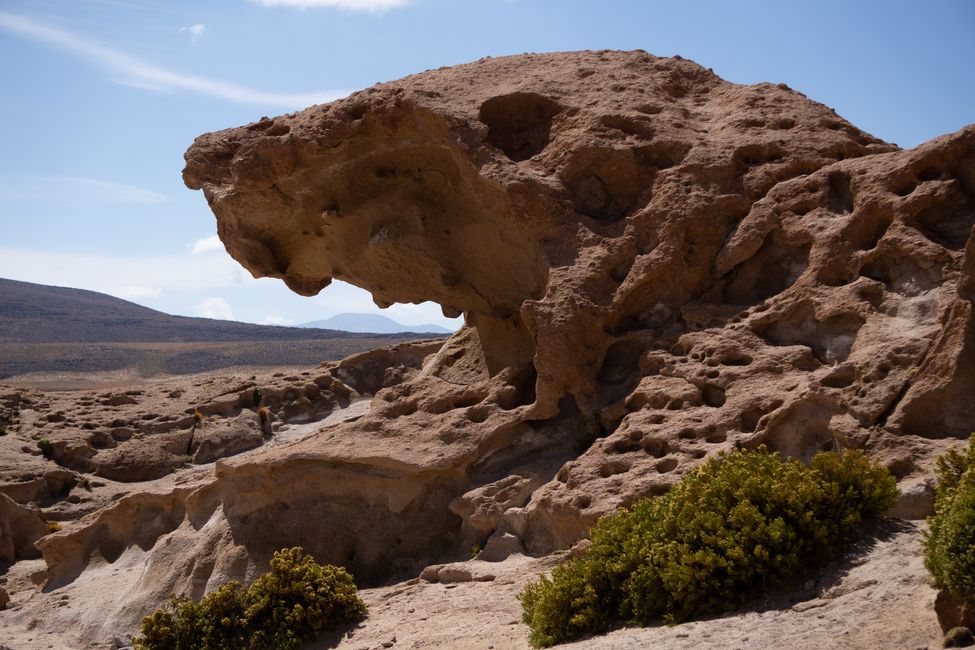
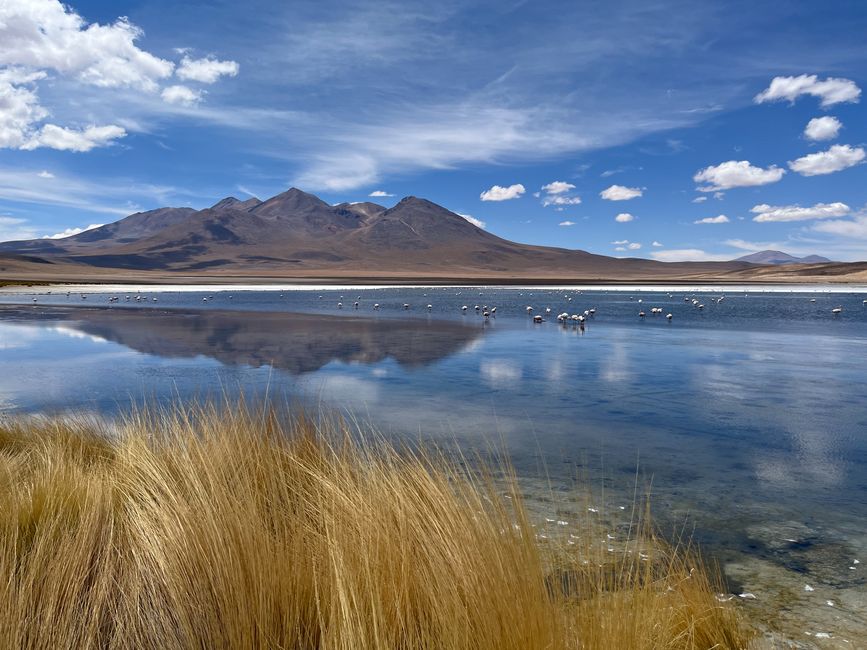
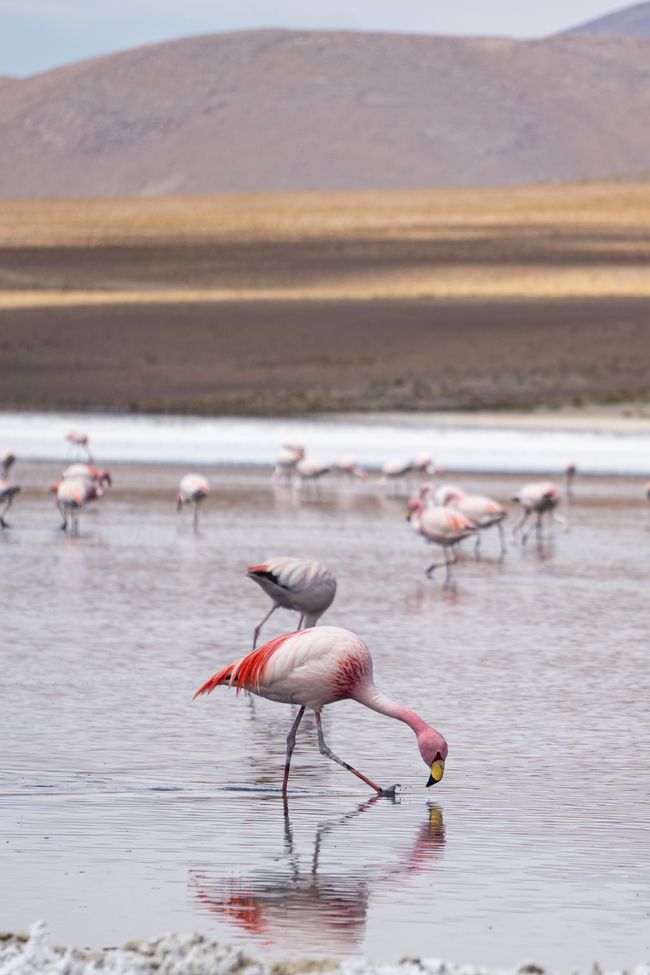
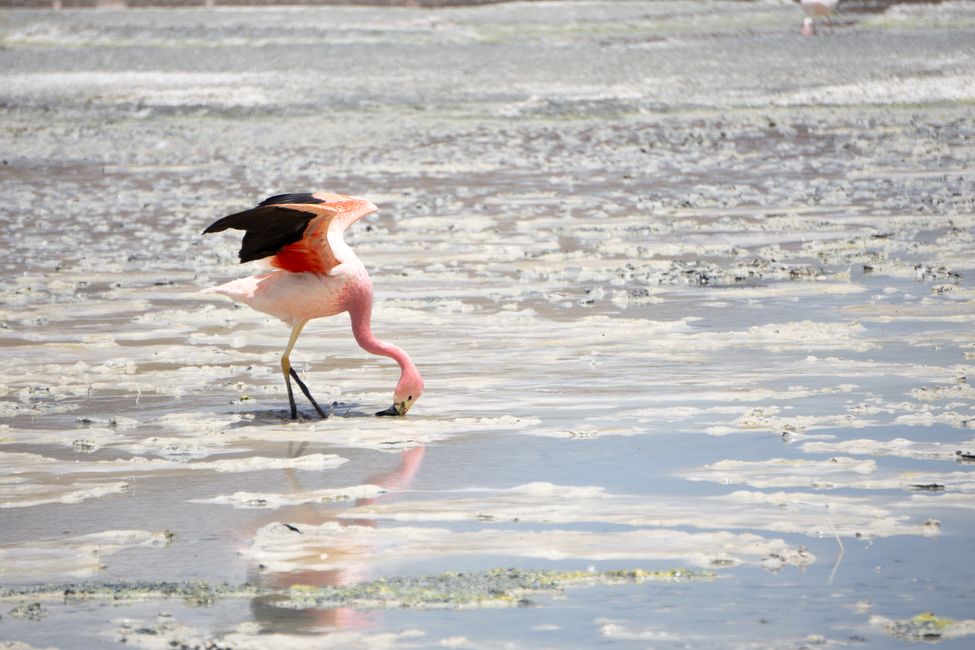
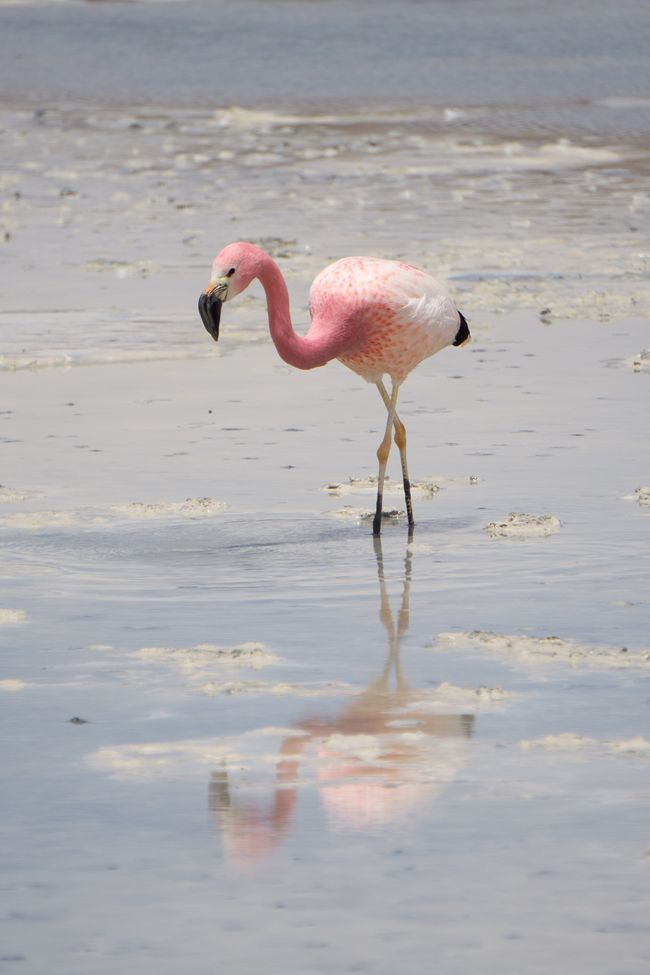
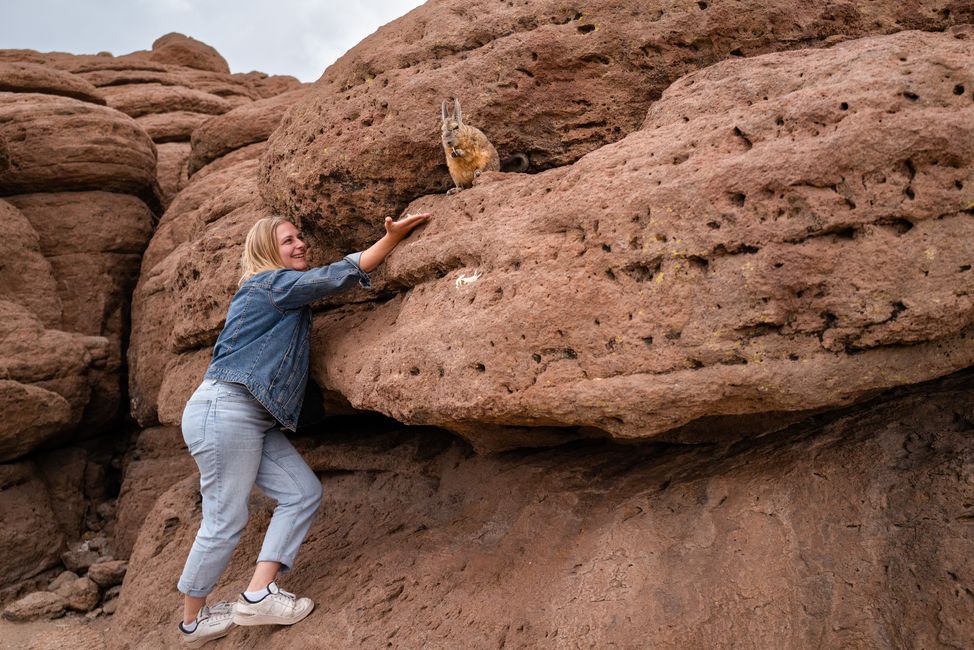
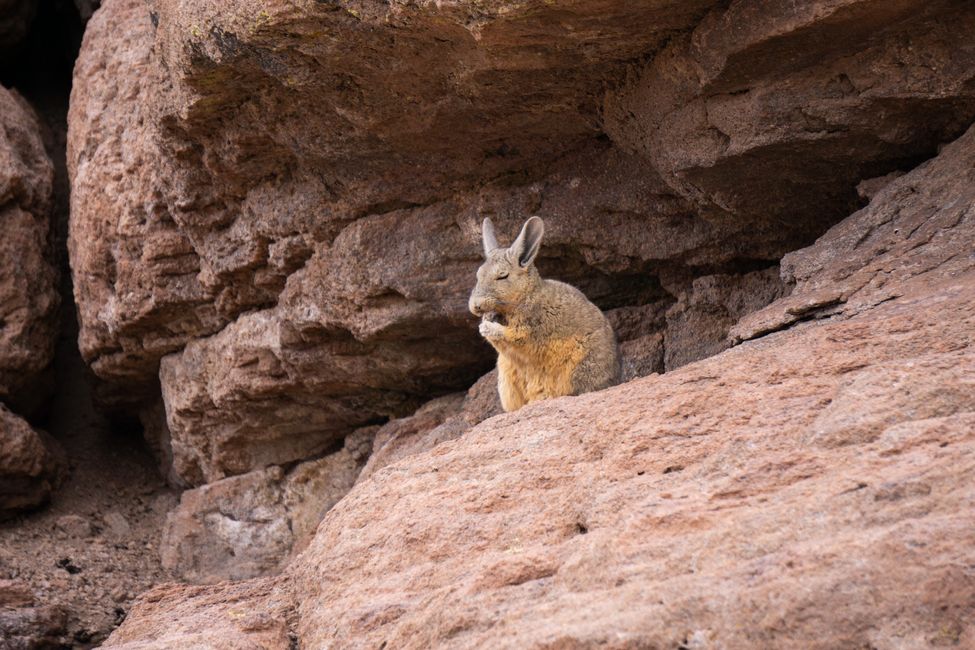
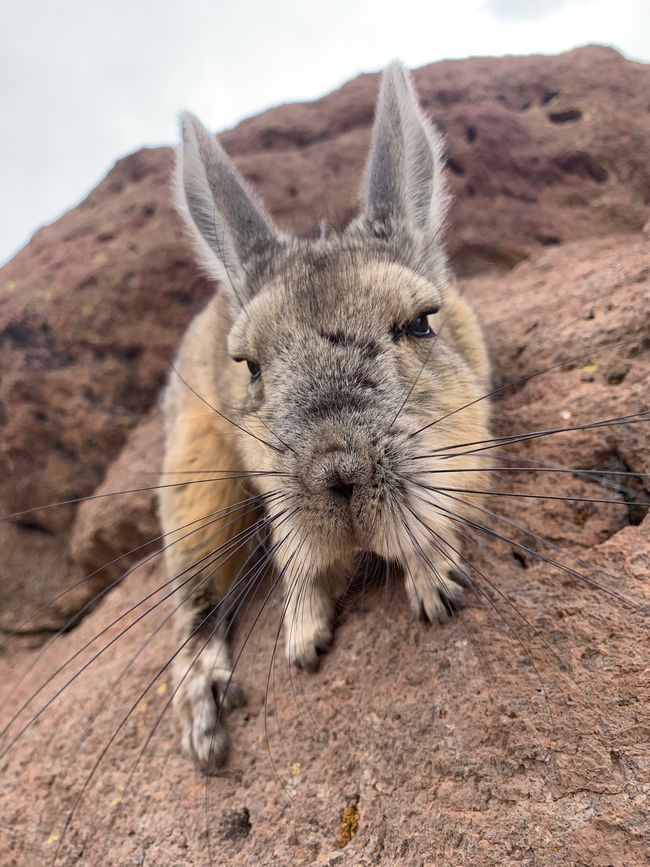
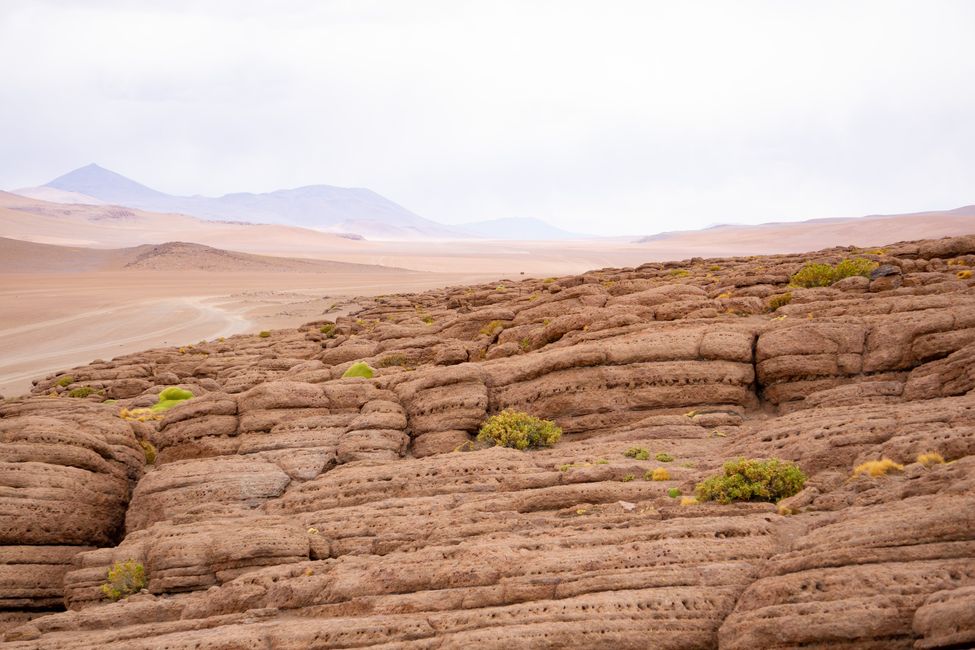
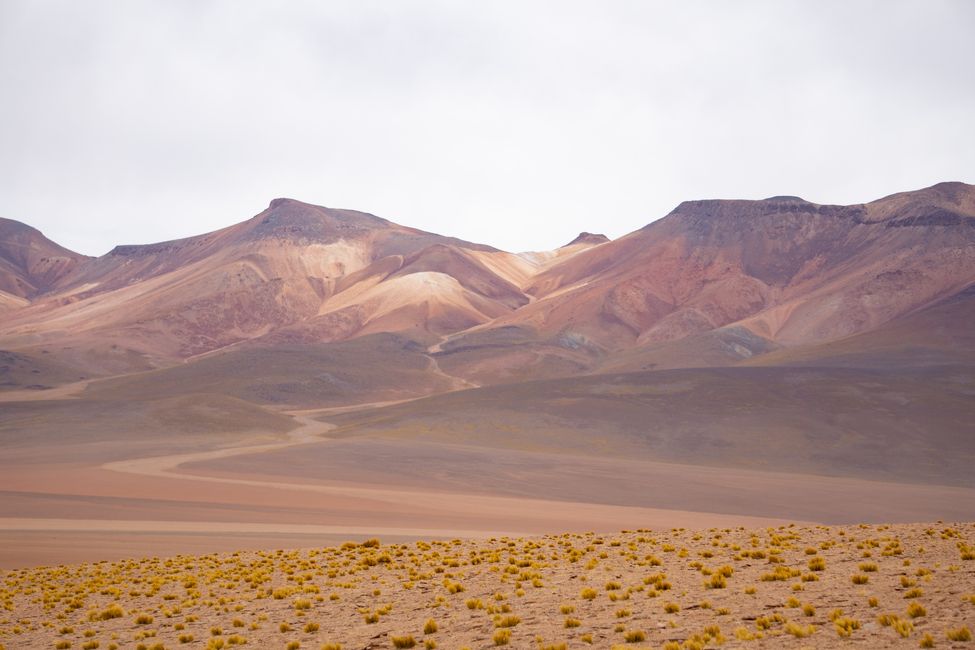
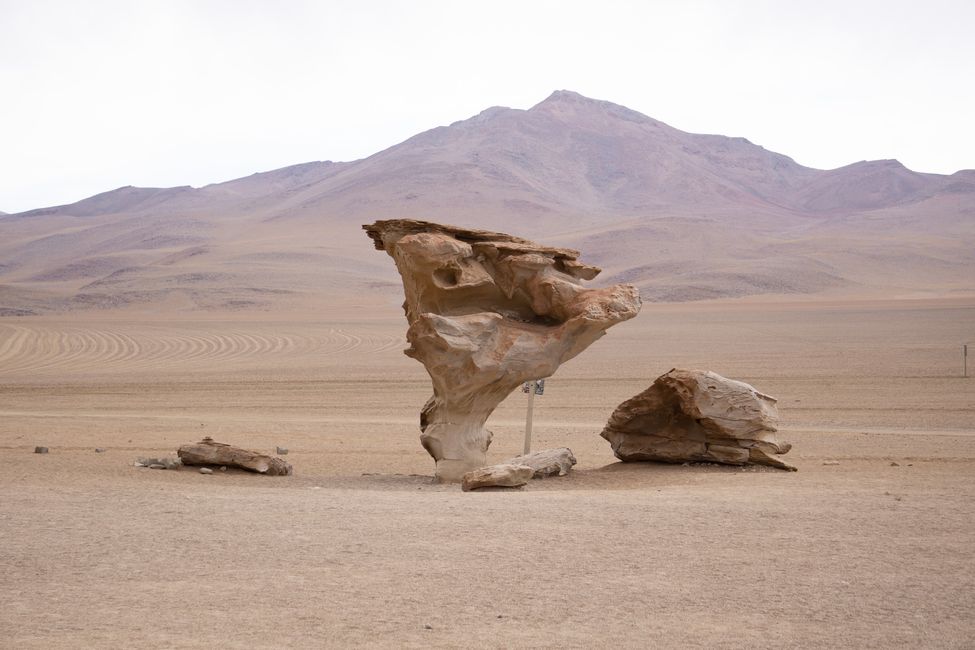
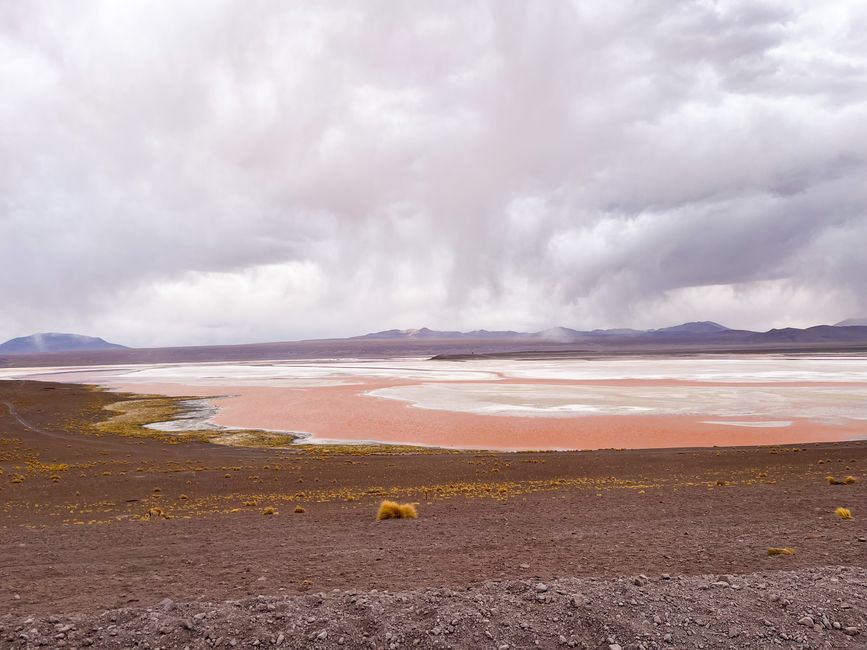
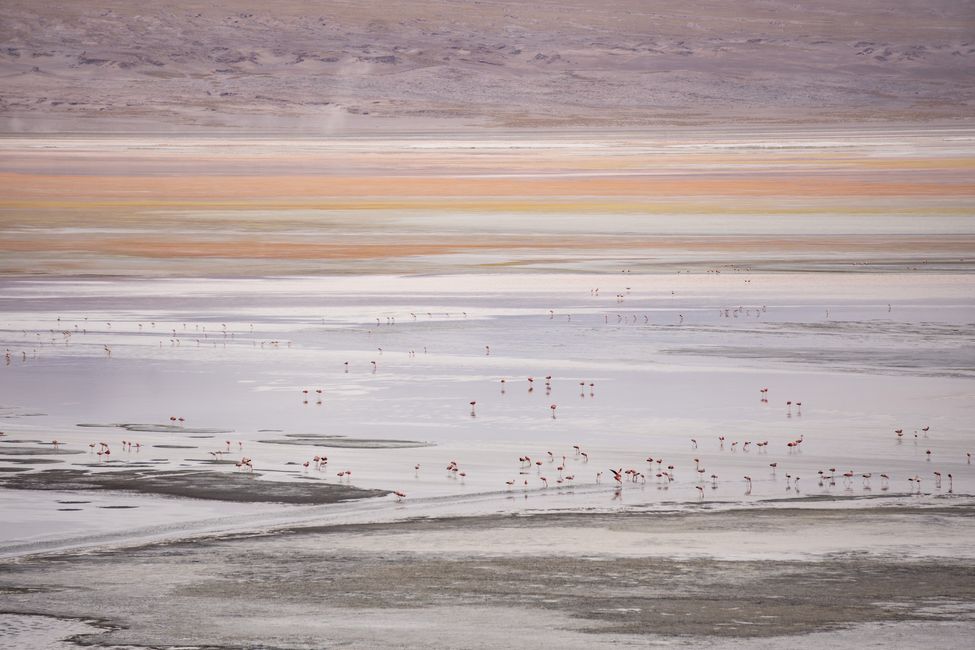
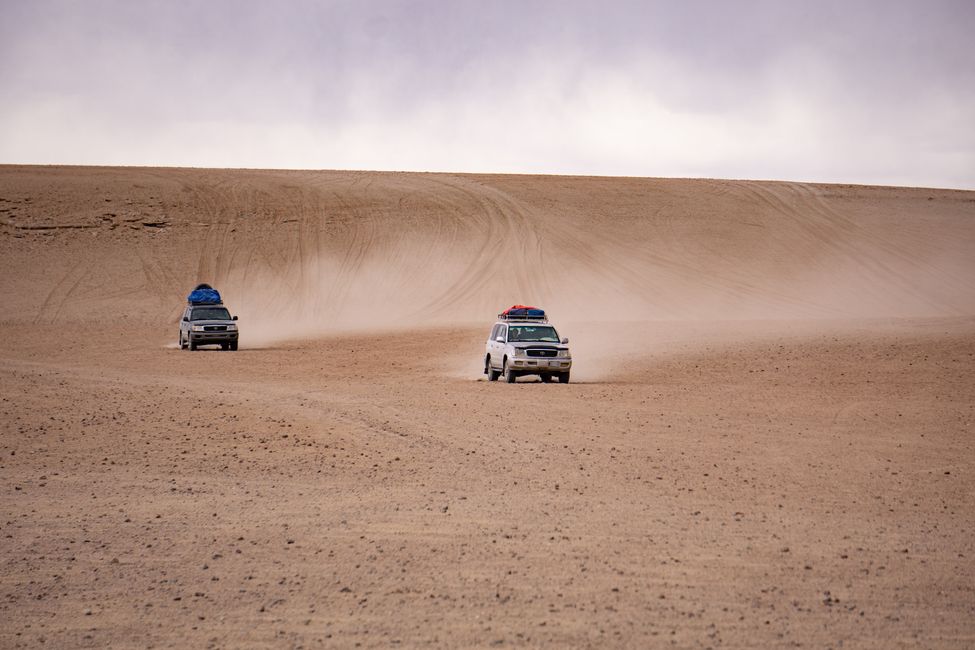
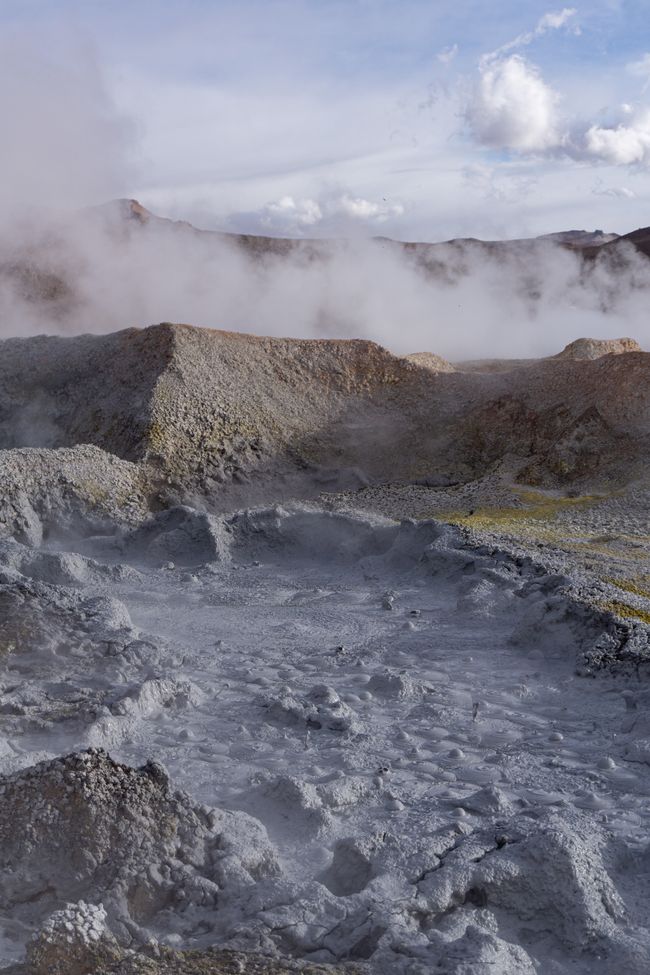
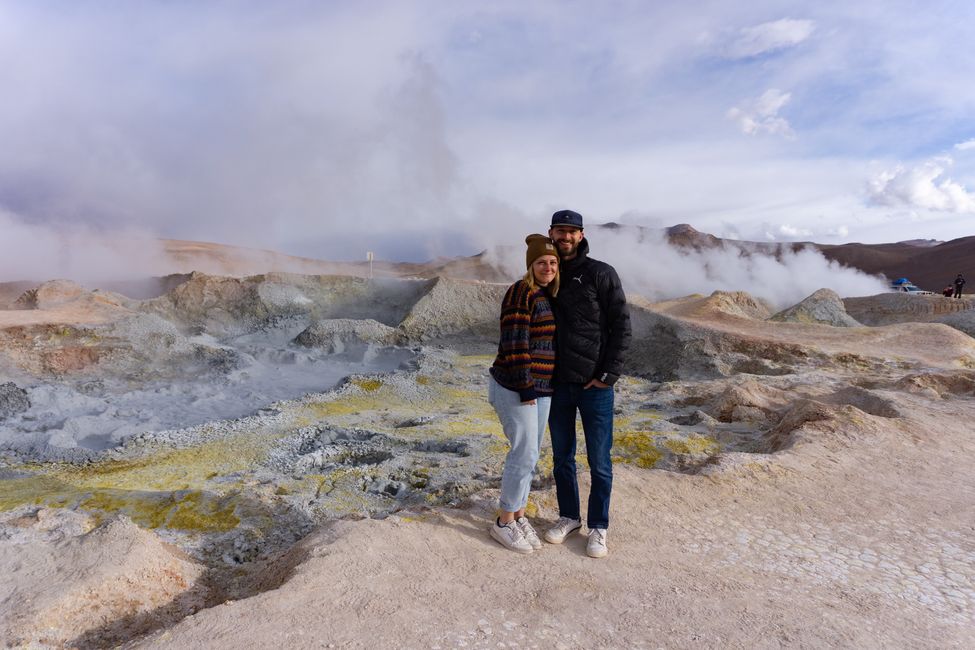
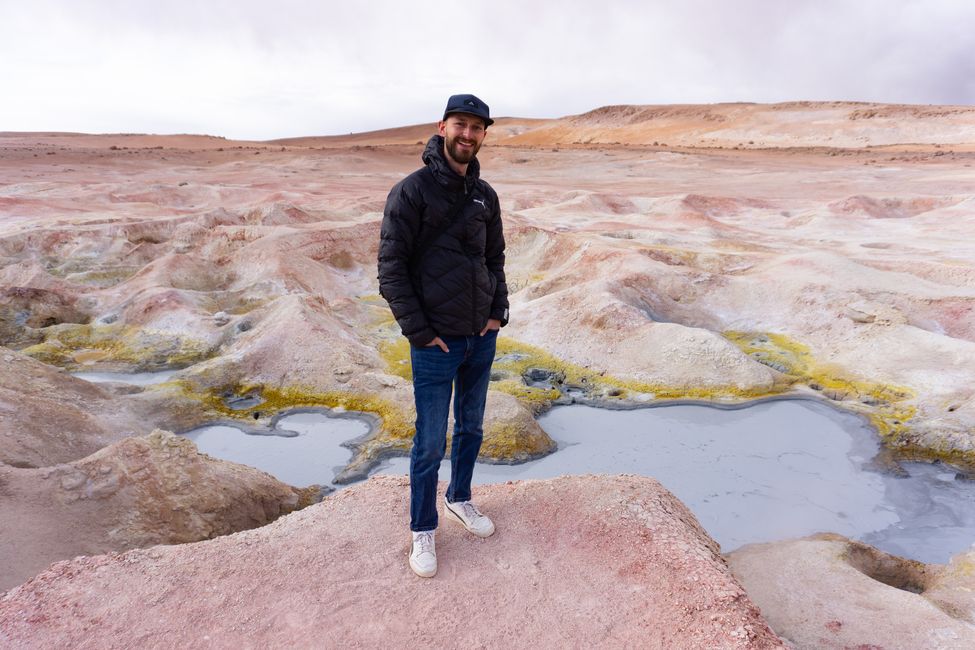
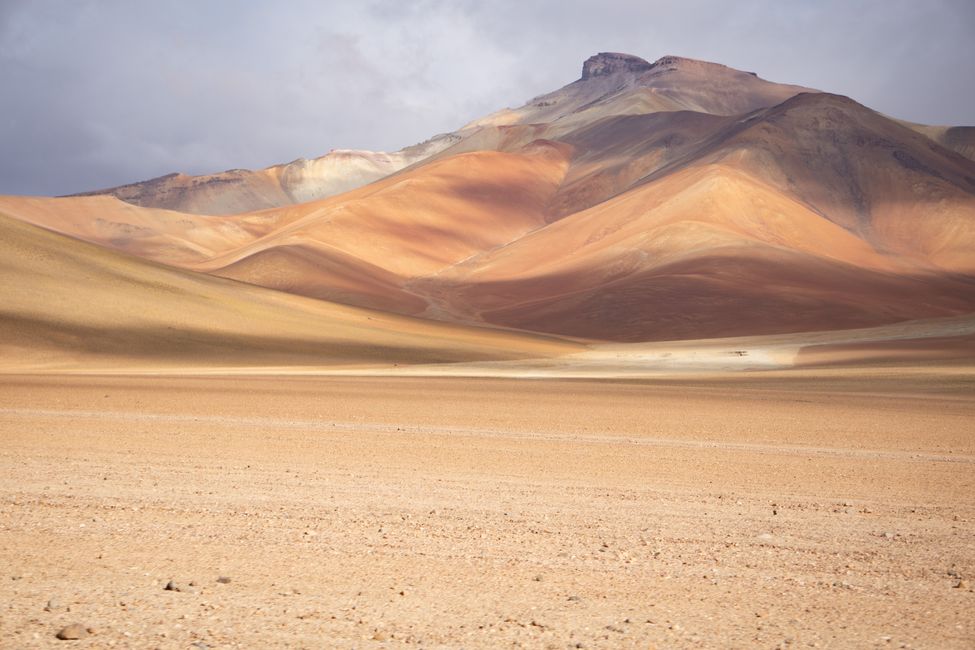
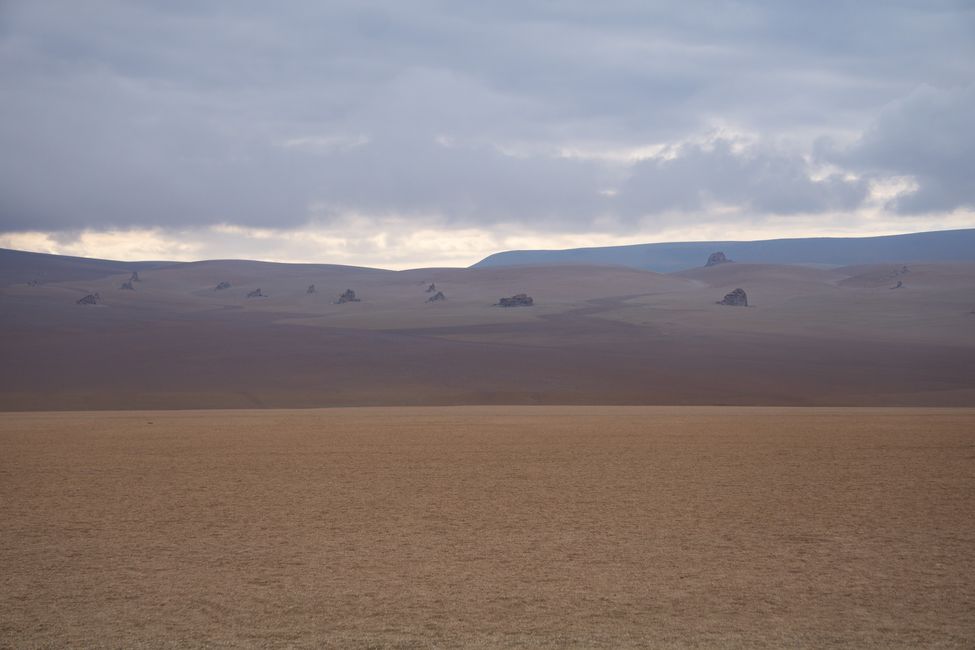
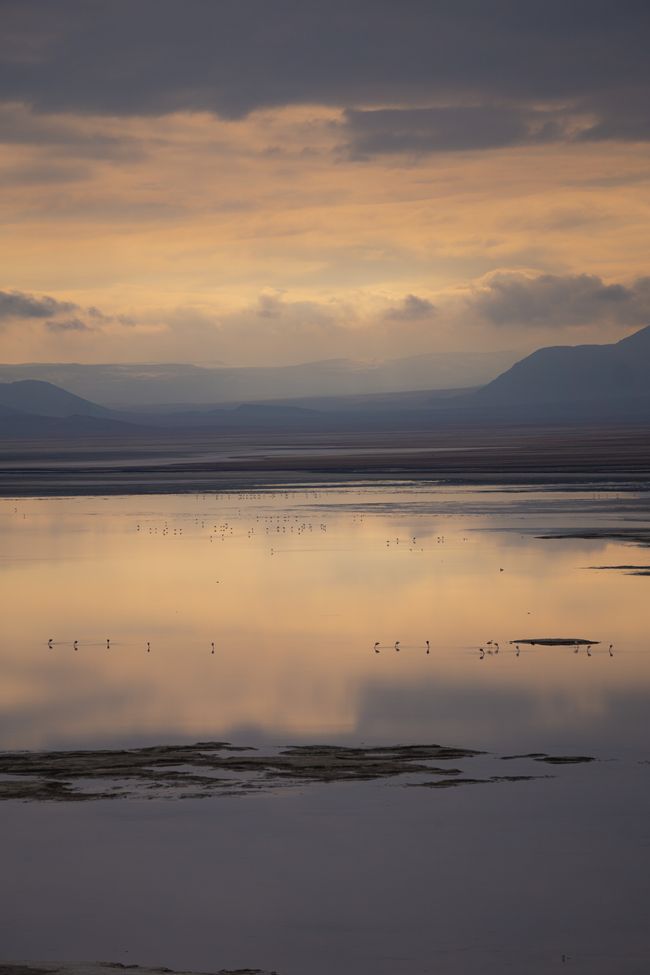
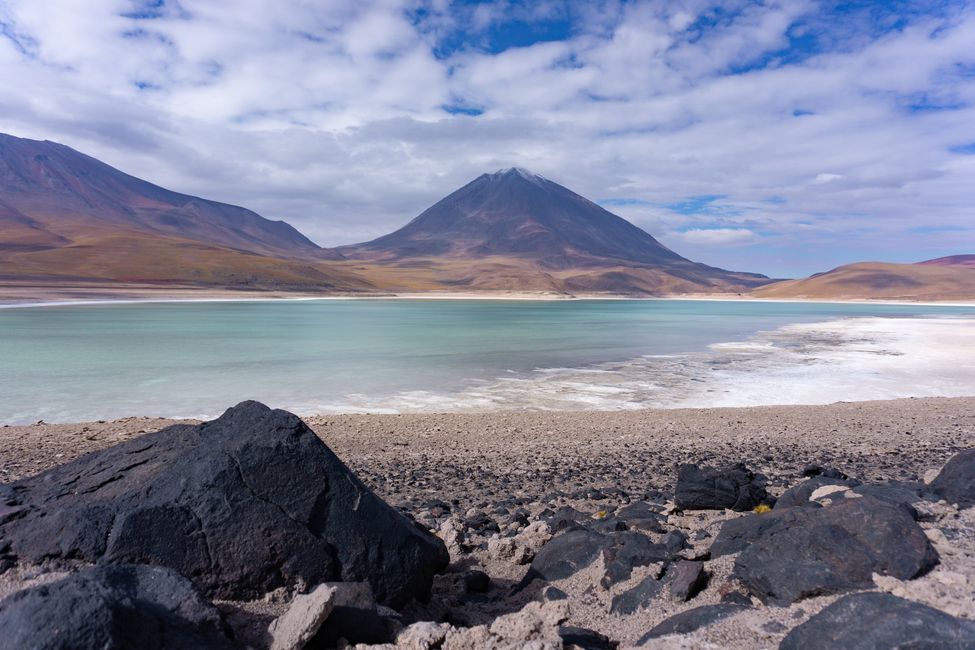
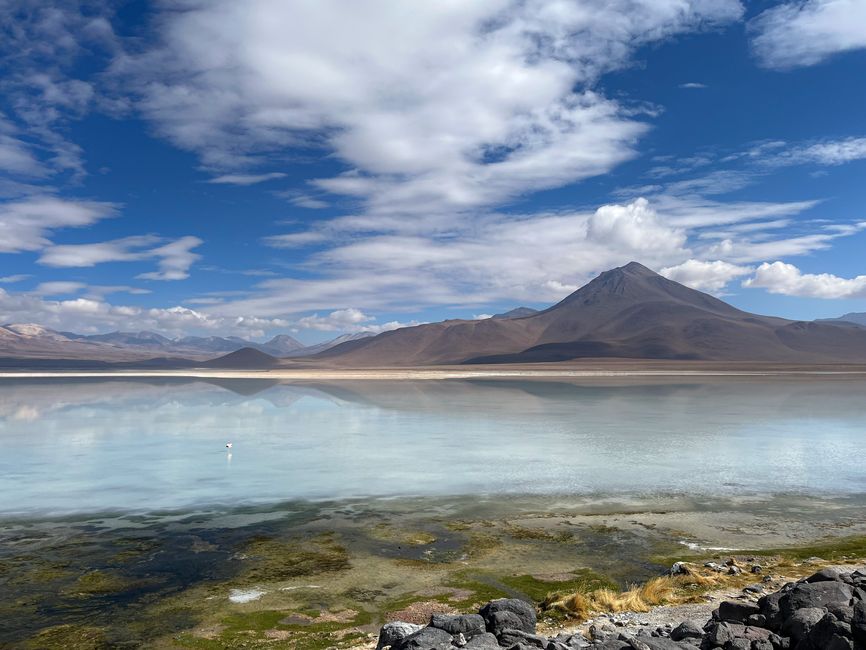
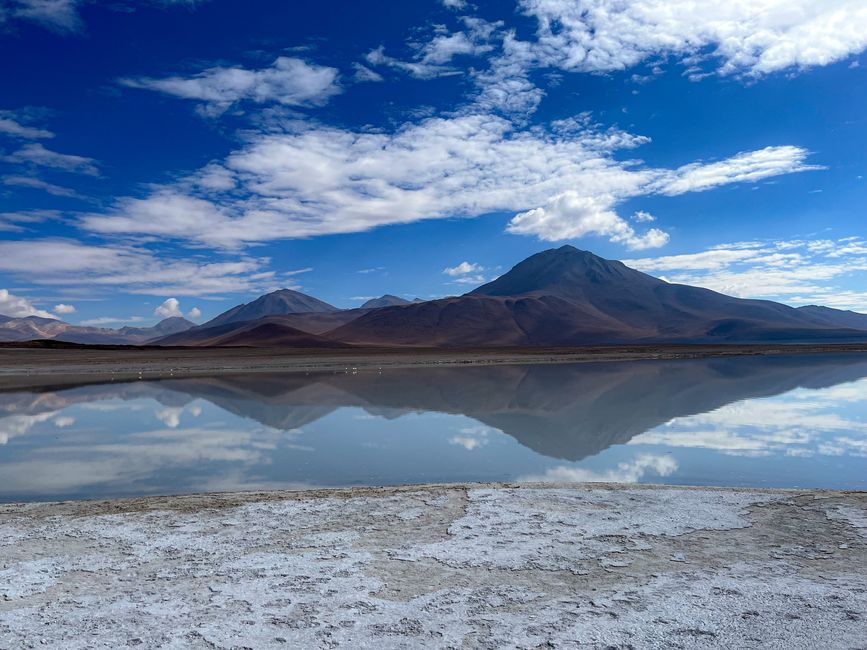
செய்திமடலுக்கு சந்தாதராகவும்
Finally, the highlight of Bolivia is here: a tour of the largest salt flat in the world, Salar de Uyuni! For us, it's a 4-day journey with Kristine and Mads from Denmark, our guide Luis, and the cook Maria in a jeep through the most amazing and unbelievable landscapes of southwestern Bolivia.
Day 1:
We start in the morning of December 4, 2022 (my God, it's already December!) "comfortably" at 8am in Tupiza. You could also start the tour in the city of Uyuni, but it's not supposed to be as nice... Luis from TupizaEcoTravel was highly recommended to us, and we do not regret paying a little more. He drives us safely to every location, stops where we want, and explains to us at the right places what we need to know (in Spanish).
The first stop is at Valle de la Luna, where we have a wonderful view of the red eroded mountains from the mountain road. Some people can already feel the altitude up here because, as almost everywhere else in Bolivia, we go high up.
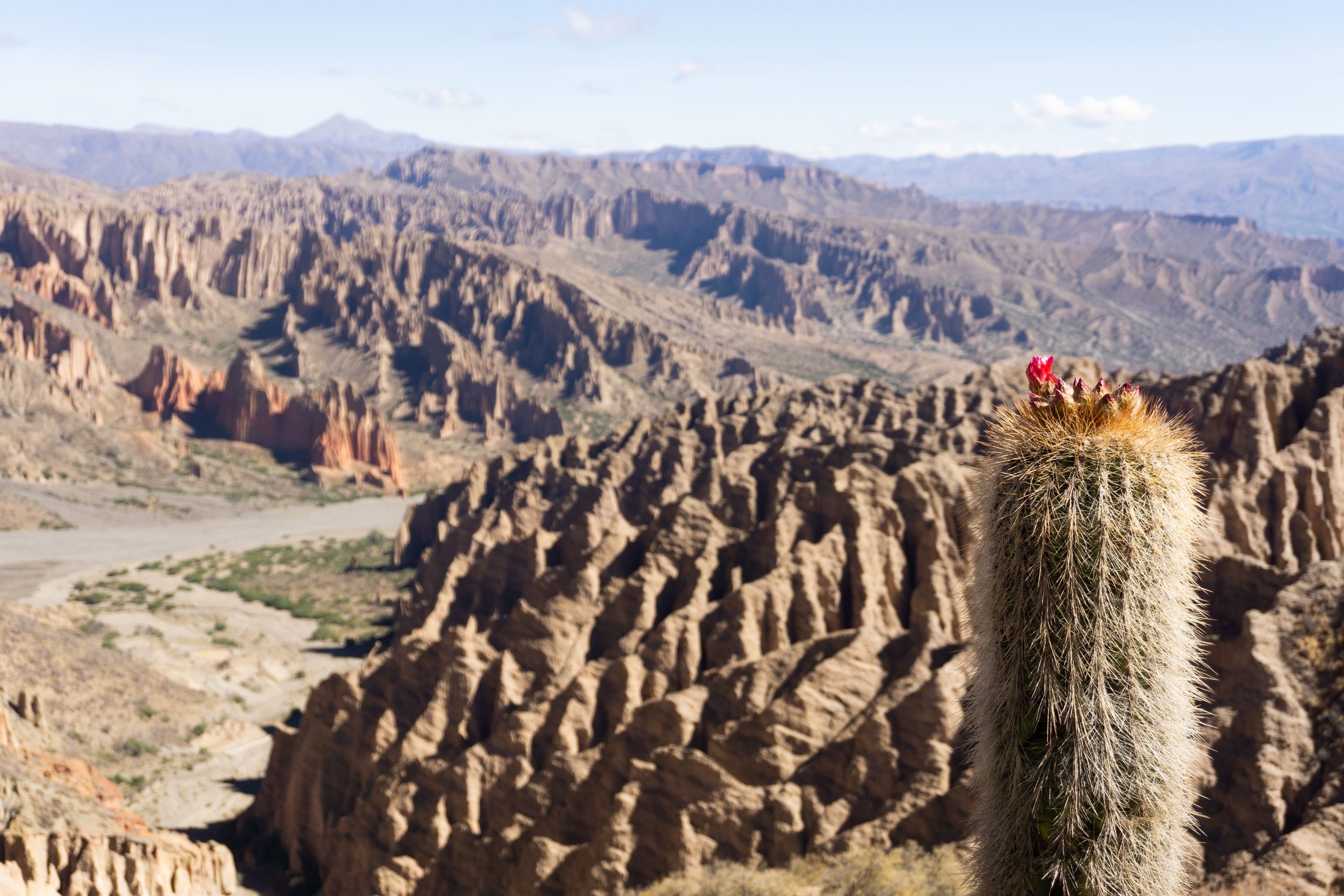
In a small mountain village, we stop for lunch, which our cook Maria has already prepared. For the next few days, we mainly eat vegetarian-vegan because Kristine and Mads are vegans. This is also not a bad idea because it's not easy to digest meat at high altitudes, and the body is busy with other things.
We continue to Ciudad del Encanto, with large gray sandstones that rise like a folding curtain out of nowhere. We climb into some hidden corners or caves and observe the play of light and shadow.
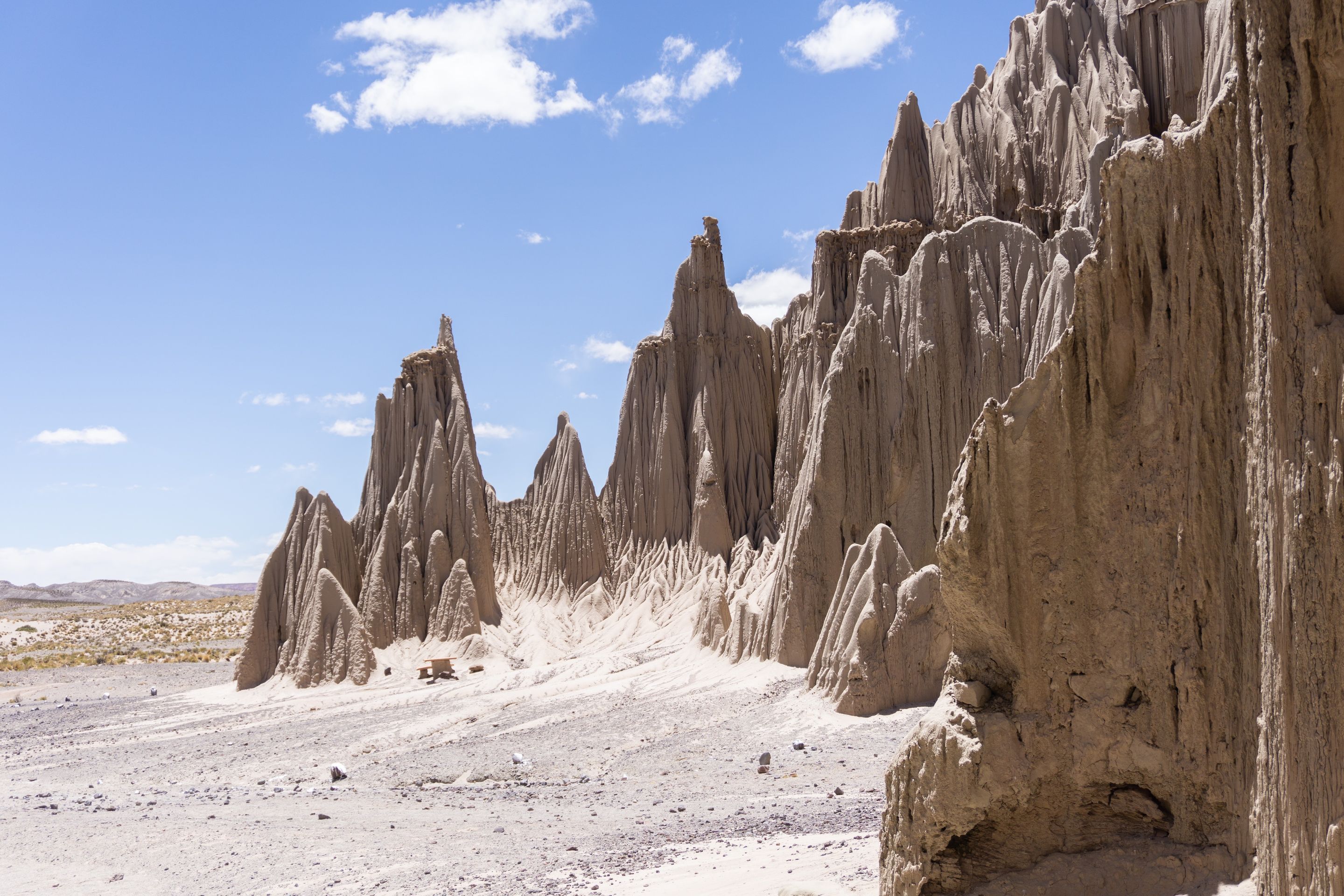
Then we escape the strong sun and quickly jump back into the car. After driving for several kilometers, passing countless llamas, we actually come across some ostriches! Of course, they quickly flee into the distance, but it's still a very special moment. The vicuñas with their rare and valuable wool are also becoming more numerous.
Finally, we reach the city on the edge of the salt flat, which also gives it its name: Uyuni. There's not much going on here, but there's a famous old train cemetery where we climb around a bit. Many mechanics used to live in this city, which is why the locomotives and wagons were either repaired or deposited here. However, at some point, the export of minerals to Chile was no longer economically viable, and the trains were left behind.
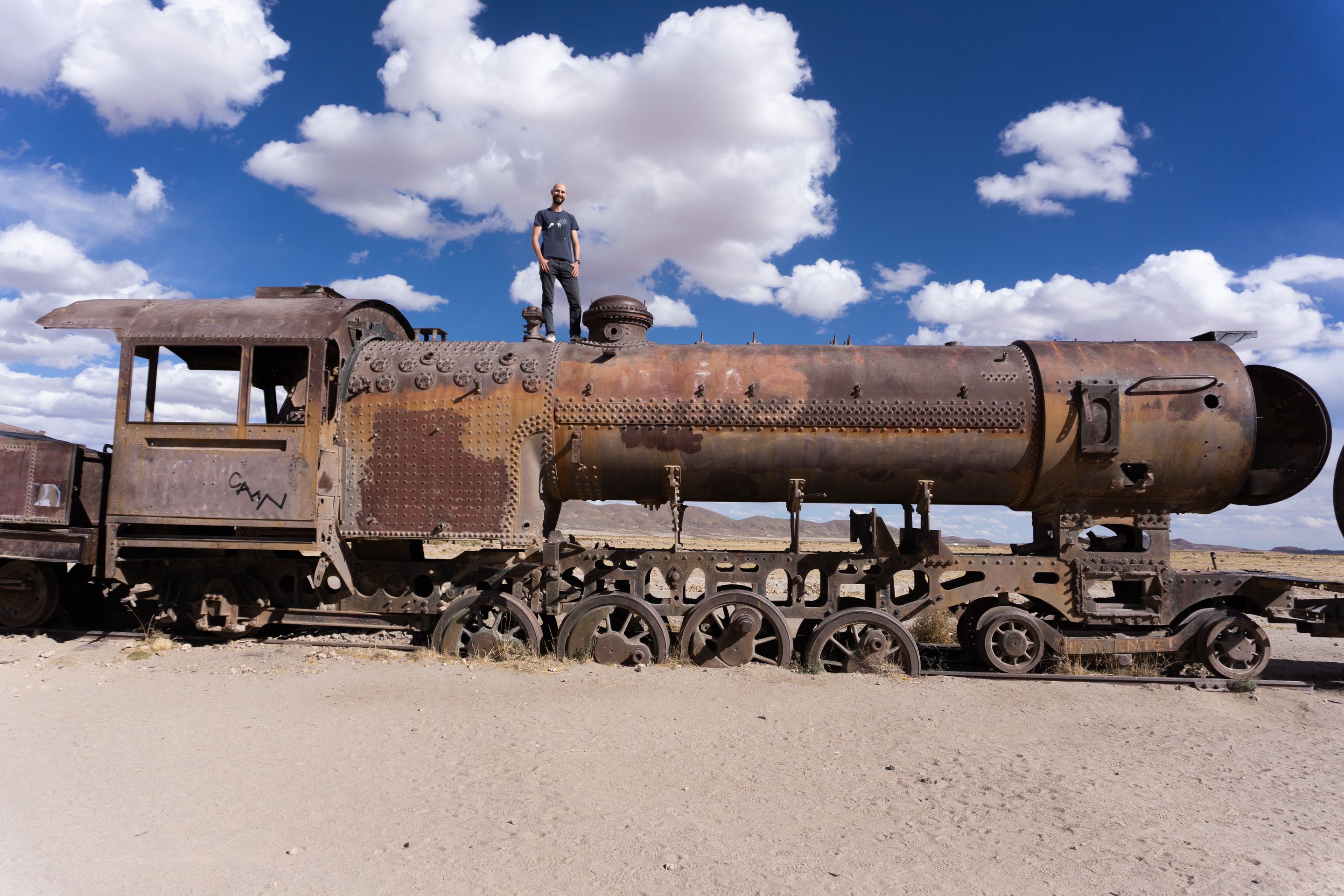
In Uyuni, we buy our ticket for crossing the border to Chile in 3 days, and then we continue to our accommodation for today, a simple hostel that is built entirely of salt blocks. It is located right on the salt flat, so we decide to drive into the desert for the sunset after a small tea break. We drive over the crackling salt, and soon there is nothing else around us but endless fields of salt! The car is parked in the middle of nowhere, and we watch as the sun sets on the seemingly endless horizon, slowly coloring the sky red and purple. It's almost a full moon, so unfortunately, the moon is so bright that only a few stars are visible. Normally, in this desert's incredible vastness and darkness, you can even see the Milky Way, but this wish is denied to us. Without the sun, it gets very cold here at night, so we return to the hotel for dinner with hot soup (which accompanies every meal here).

Day 2:
We crawl out from under the thick blankets at 7:30am for breakfast and slowly get ready to leave at 8am. Today, we spend the whole day in the salt flat!
We start with the Ojos de Sal. These are small bubbling salt pools where water comes up from the depths to the surface. Here, we get a little preview of how reflections in the water can look in the salt flat.
The next stop takes us to the first official salt hotel in the middle of the desert, which is no longer inhabited today. Next to the old building, there is a monument made of salt, in memory of the Dakar Rally that took place here in 2014. There is also a sea of flags that people from all over the world attach here, and we also discover the German flag among them. Well, these (for us, rather less interesting) sightseeing points are ticked off.
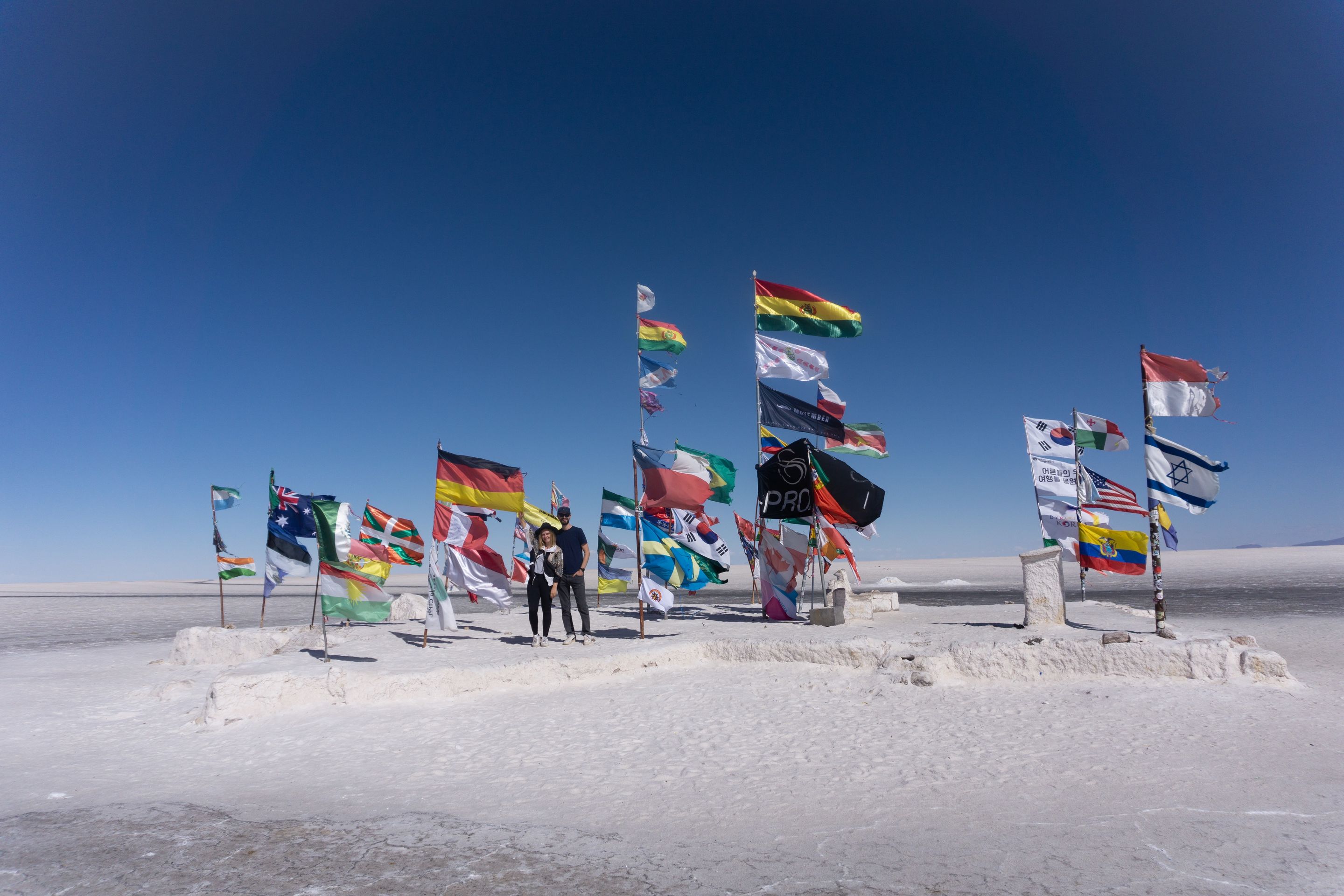
Then it's time for the famous photo shoot, where you can play wonderfully with perspectives in the salt flat because there is nothing else to see but salt and sky as far as the eye can see. But let me tell you, it's not as easy as it looks... The yield of sharp photos is more than small, but it's still a lot of fun to come up with all these ideas ;) at some point, in the midday sun, with all the shiny white salt, it gets too hot, and we give up.
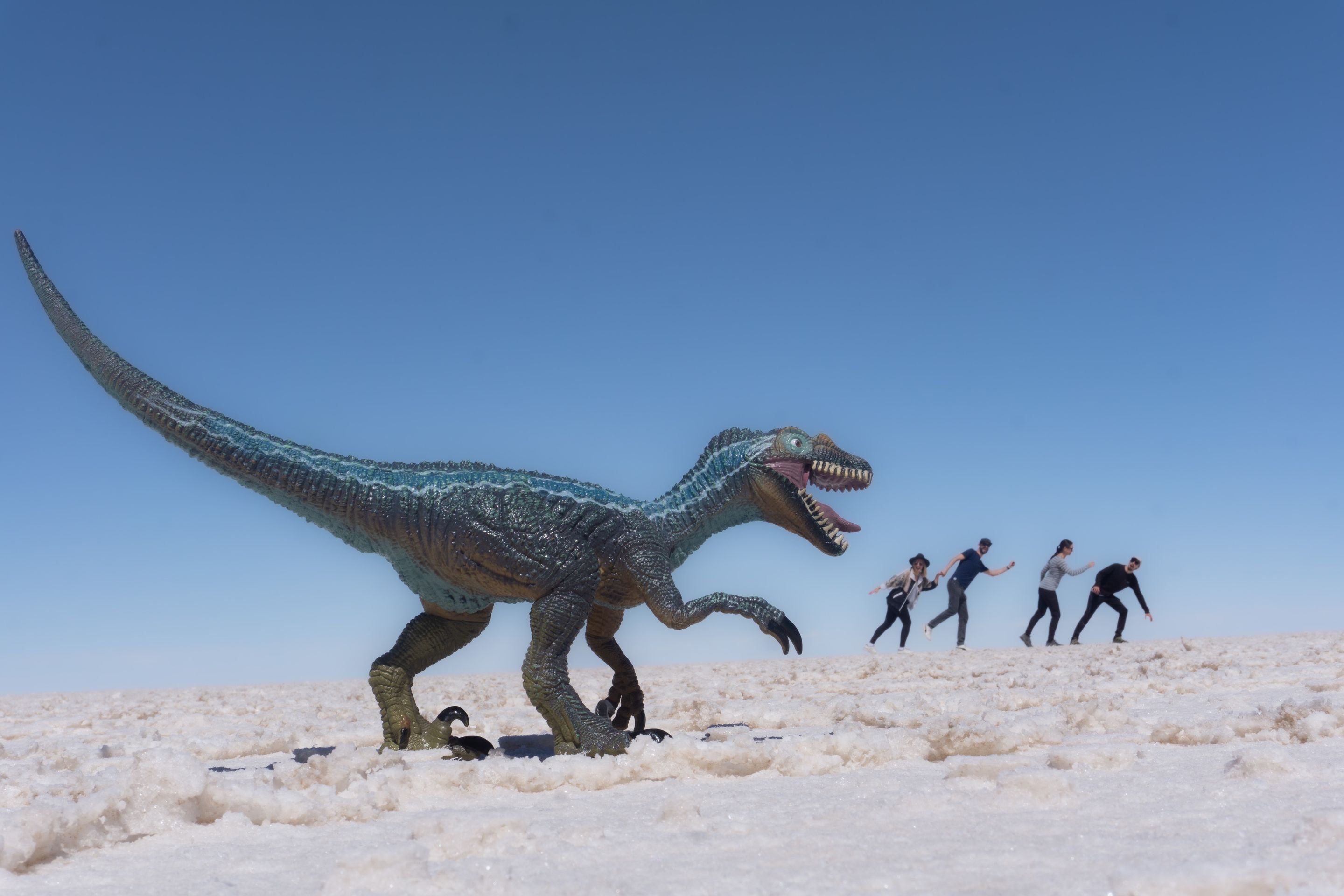
We drive for what feels like hours in the same environment over the over 100-meter thick salt. Salar de Uyuni is more than 10,000 square kilometers, so it's no wonder it feels so long. Finally, we reach the next highlight: Isla Incahuasi. It rises in the middle of the white sea, and on it, there are giant cacti up to 12 meters tall. Since a cactus only grows about 1mm per year, the oldest one is estimated to be around 1200 years old! Unimaginable! We walk a little on the island and admire the thickness and size of the thousands of cacti, as well as the beautiful view from the "summit" of the island. And when we come back, a set table awaits us with a delicious lunch. That's the life! Some cheeky yellow birds also like it and barely stay away from our plates.
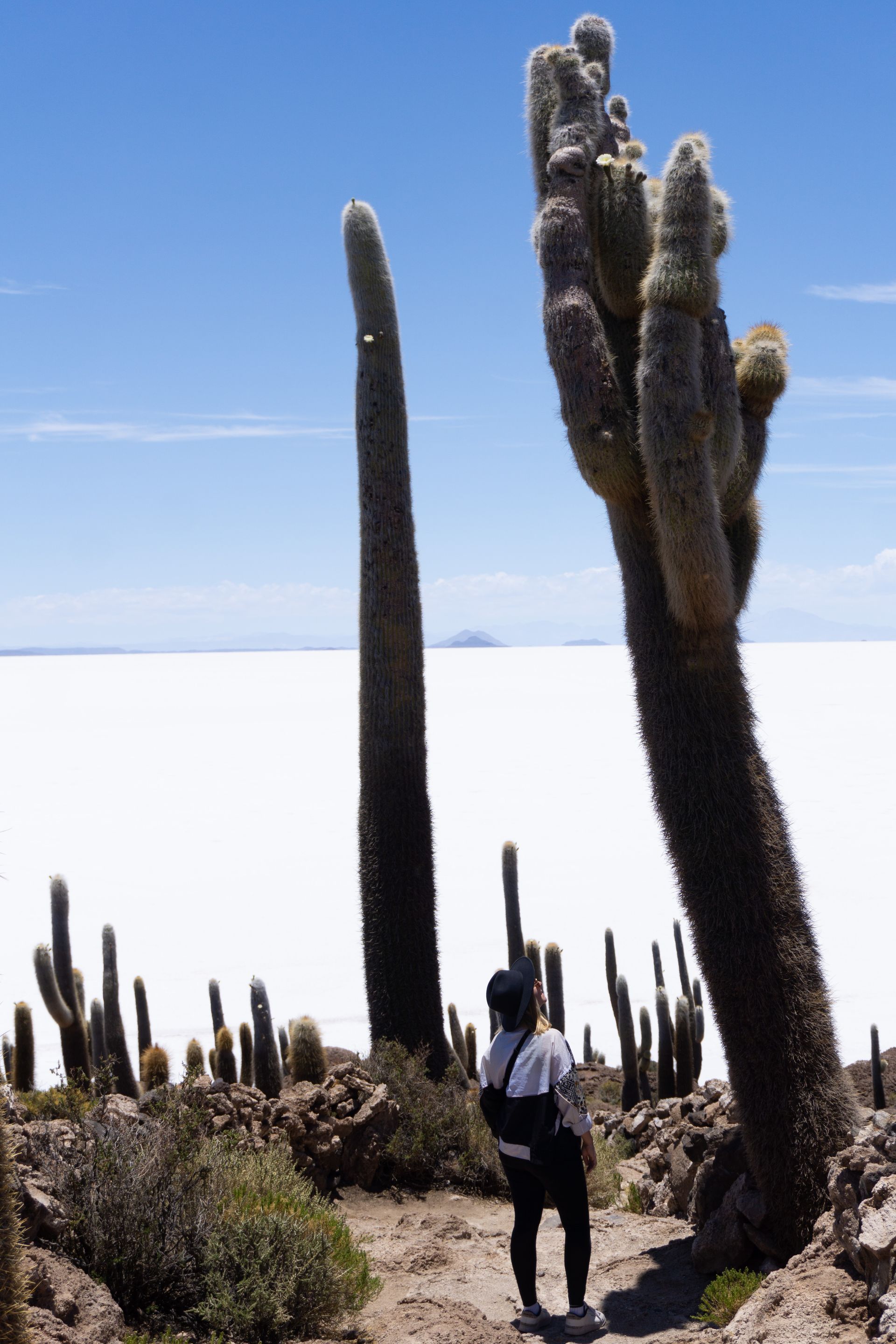
The drive out of the salt flat takes at least as long as the drive in, and we are getting tired... But then a small turquoise lake catches our attention. It smells like sulfur, but it has such wonderful reflections that we just have to jump out of the car and take a photo. And that's when we have to say goodbye to the incredible Salar de Uyuni, because our hotel for today (also made of salt) is a bit further outside. Finally, we have a shower, and we spend the rest of the evening playing cards.
Day 3:
Today is all about lagoons! And flamingos!
But first, we stop at a straight railway line that runs through the barren landscape between the Bolivian salt flat and the Chilean border.
Then follows a viewpoint of the Ollague volcano, where we are initially all alone and can admire the volcanic landscape. The volcano is still semi-active and emits a few puffs of smoke. A family runs a small shop here, and this is the only place for miles around that offers chorizo made from llama. Even though breakfast wasn't long ago, we have to try it - and the sausage actually tastes very delicious (and reminds us that it's Christmas market time at home)!
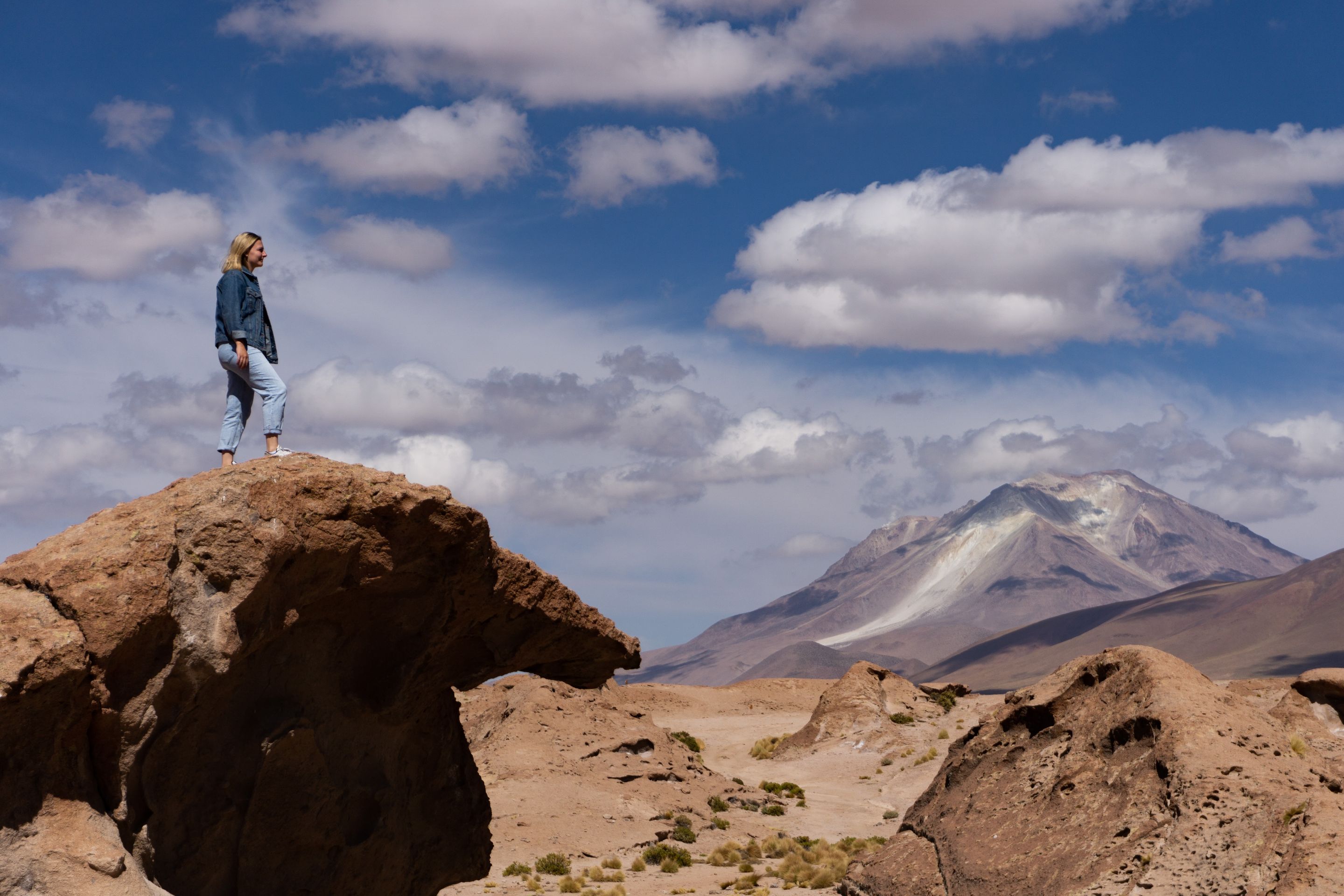
The next stop takes us to Laguna Cañapa, where there are lots of flamingos. This fantastic sight is framed by wonderful mountains, and we find it really hard to tear ourselves away.
During the short drive to the next lake, we come across vicuñas again, which obviously feel very comfortable here. Then we arrive at Laguna Hedionda, also with hundreds of flamingos, where we also have our lunch.
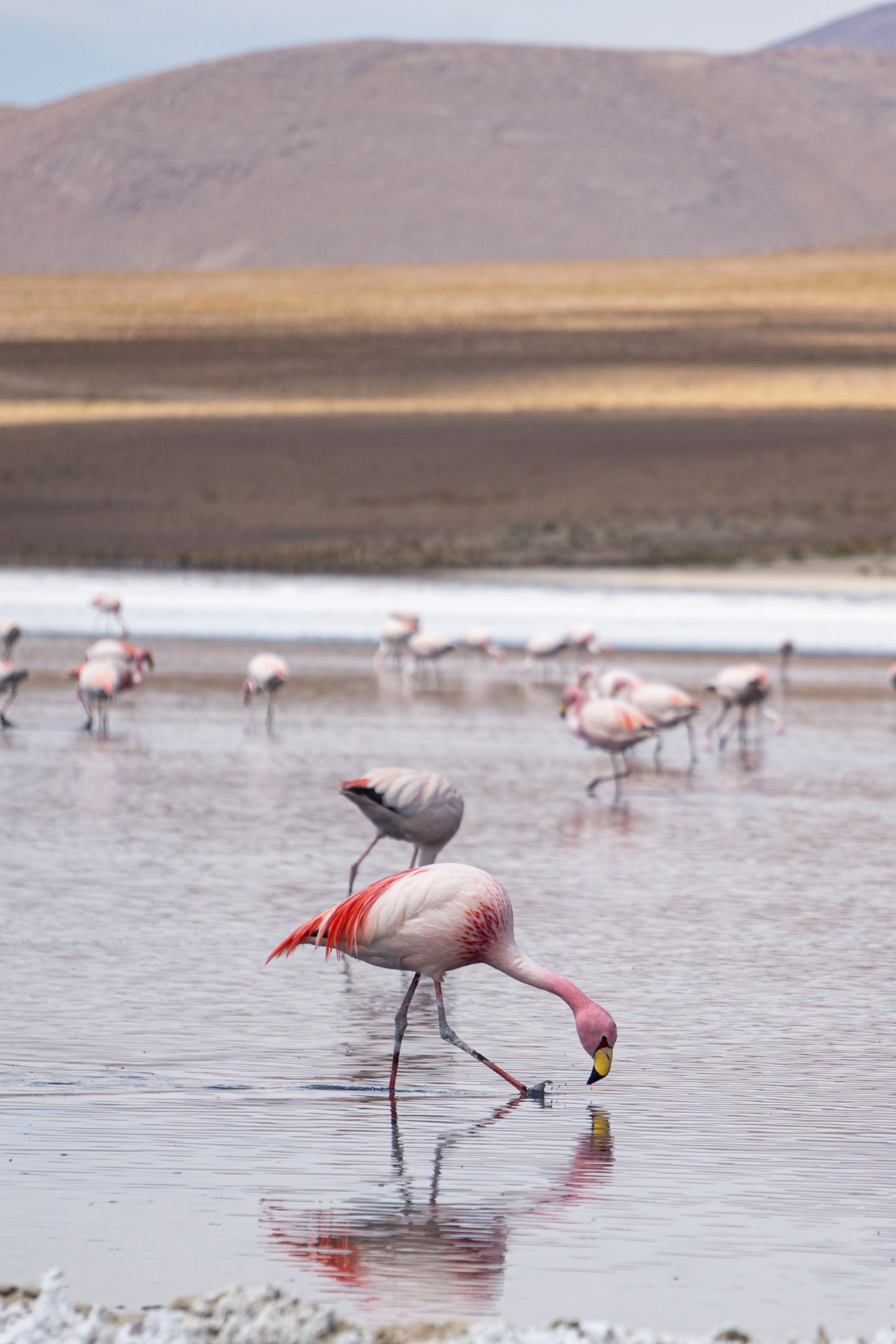
A fox that runs towards our car as we slowly continue wants something to eat too. They are already used to tourists and regularly beg for food. We let our hearts soften and give it some leftover bread from breakfast.
We only drive past the next two lagoons (Laguna Chiar Kota, Laguna Honda) because the weather unfortunately becomes cloudy and there are not as many flamingos to see. But there awaits another surprise for us: at a beautifully shaped mini lava mountain, we come across a stronghold of viscachas. These cute little chinchilla-rabbit descendants are absolutely adorable and Tina gently feeds them lettuce from her hand. You could really watch them munching for eternity, but today's program still has many kilometers in store...

Another Salt Flat Tour celebrity awaits us: the Arbol de Piedra. It's a rock that protrudes from the barren rock desert like a tree. However, it's so windy and cold that we only jump out of the car for a few minutes and then prefer to continue driving.
Laguna Colorada was supposed to shine in beautiful shades of red and be one of the most beautiful lagoons of all, but not today. The sky has turned gray, it's cold, and the sun is missing. Nevertheless, we can imagine the beauty of this lake, which today also looks like the color gradient of an acrylic painting. Well, we'll have to come back someday ;)
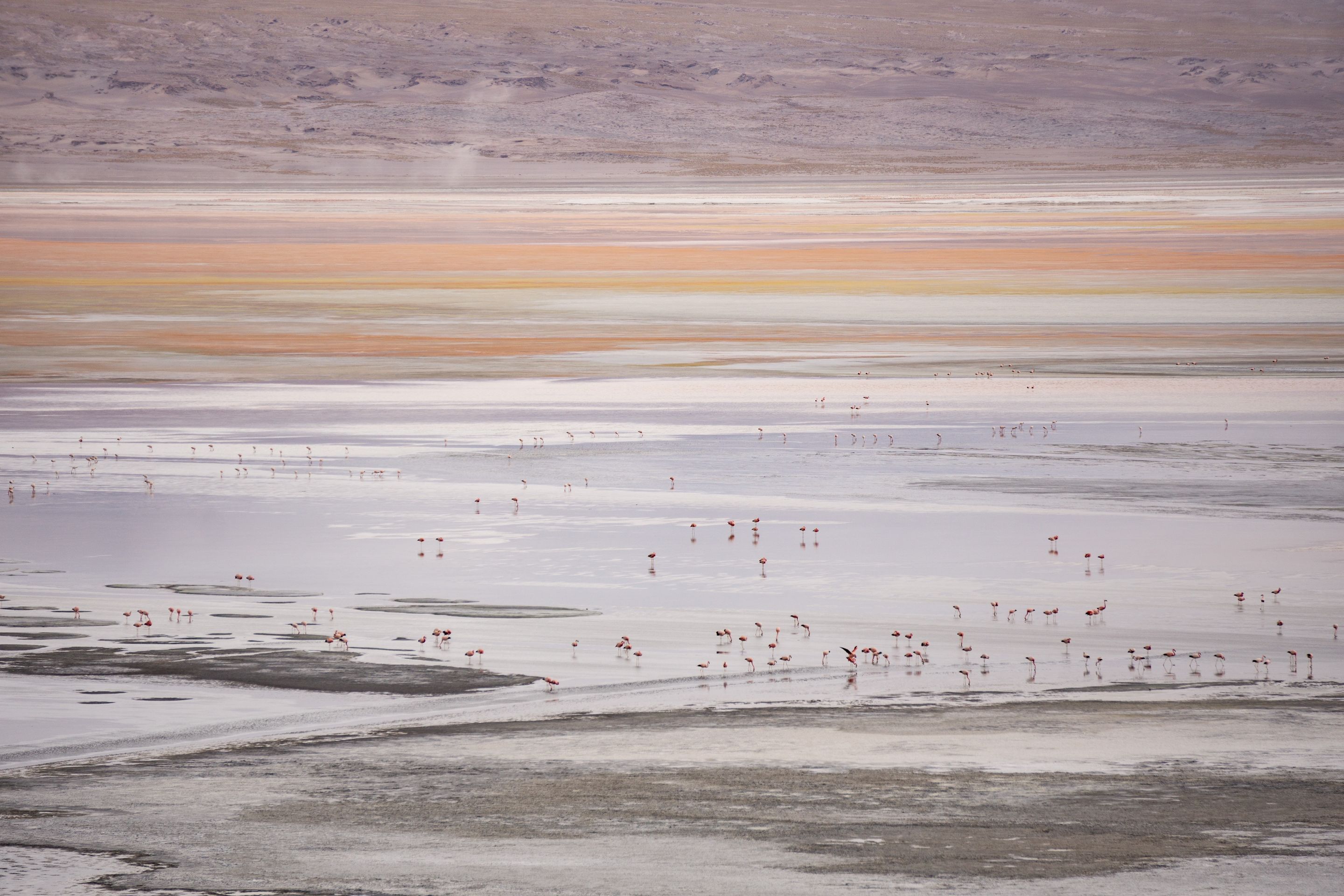
The day is not over yet, because the "Sol de Mañana" geysers are still waiting for us. Steam and sulfur smell surround us as everything bubbles and hisses from the ground. You better not fall into these gray, bubbling mud puddles as they are 90-100 degrees hot! It's really fascinating what wonders nature produces!

Our highest sleeping place on the tour is today at about 4400 meters (and therefore also our highest accommodation ever!). Accordingly, it's quite cold. In addition, our hotel is not yet finished and partly has no roof... Well, at least the bedrooms are ready. Let's jump into the nearby hot springs! Of course, we are not the only ones who have gathered here, but the 40-degree warm water and the moon and starry sky above us are simply too tempting. After that, we just fall exhausted into bed.
Day 4:
Our last day in Bolivia! The schedule for today is a bit tight because we have to reach the border to Chile by 9:30 am at the latest. Today, the weather is very cloudy and cool.
We make a short stop at the Rocas de Dalí, where some rocks rise from the sand and are supposed to remind us of Dalí's artworks. We quickly continue our way to see Laguna Blanca and Laguna Verde. Although the lakes do not appear white and green because, once again, the sun is missing, we have wonderful reflections of the mountains in the water and simply have to stop for a few photos.
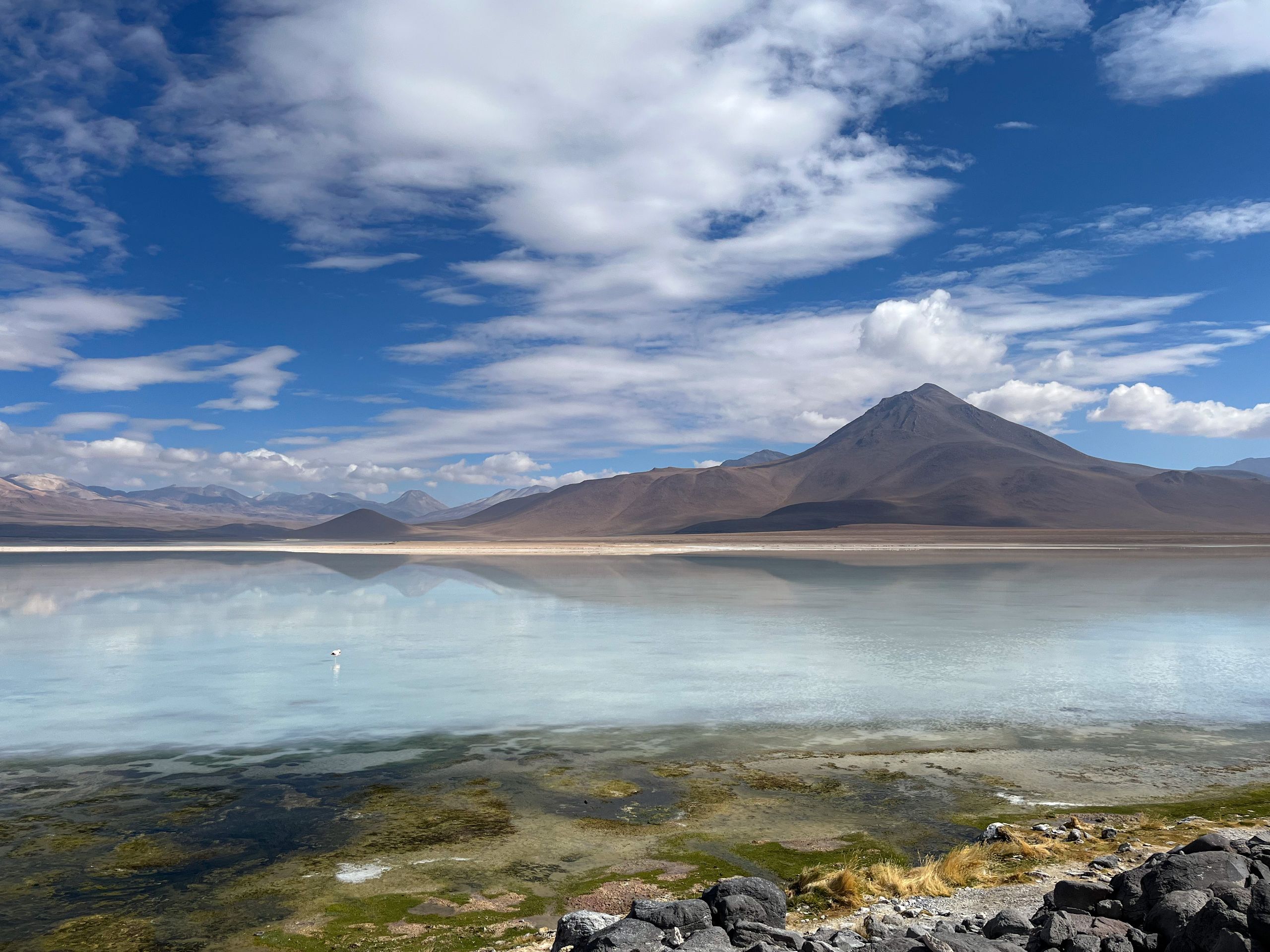
Then everything has to go quickly at the border. We squeeze to the front of the queue for the departure and drive a short distance to our bus, which is supposed to transport us further. There, a border guard wants to get a few euros from us, but you don't have to do that (!), and when we resist, he quickly gives in. At the Chilean border, things are quite strict: you are not allowed to bring in any fruits, vegetables, nuts, coca leaves, beer, wine, or other organic materials. All pieces of luggage are searched individually. Here, however, we only lose our last 3 apples, which we could not finish. After this odyssey, we continue for about 45 minutes to San Pedro de Atacama, on the edge of the Atacama Desert.
செய்திமடலுக்கு சந்தாதராகவும்
பதில்
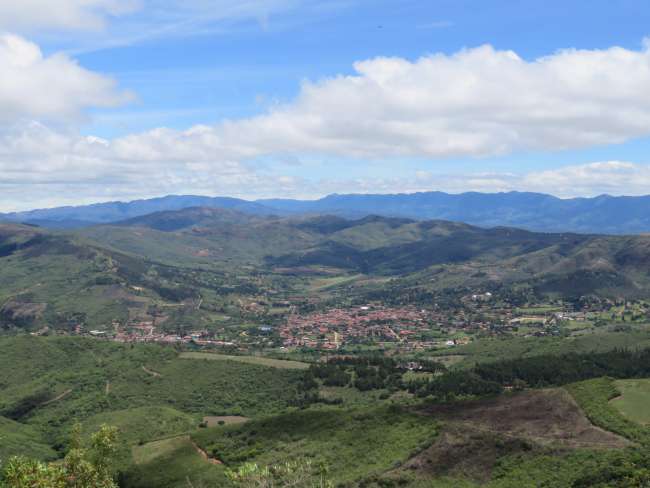
பயண அறிக்கைகள் பொலிவியா
